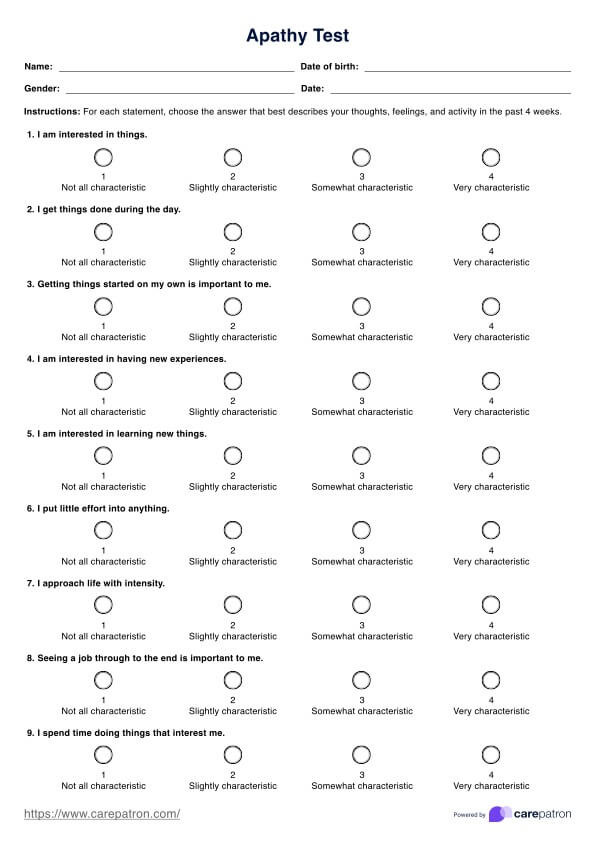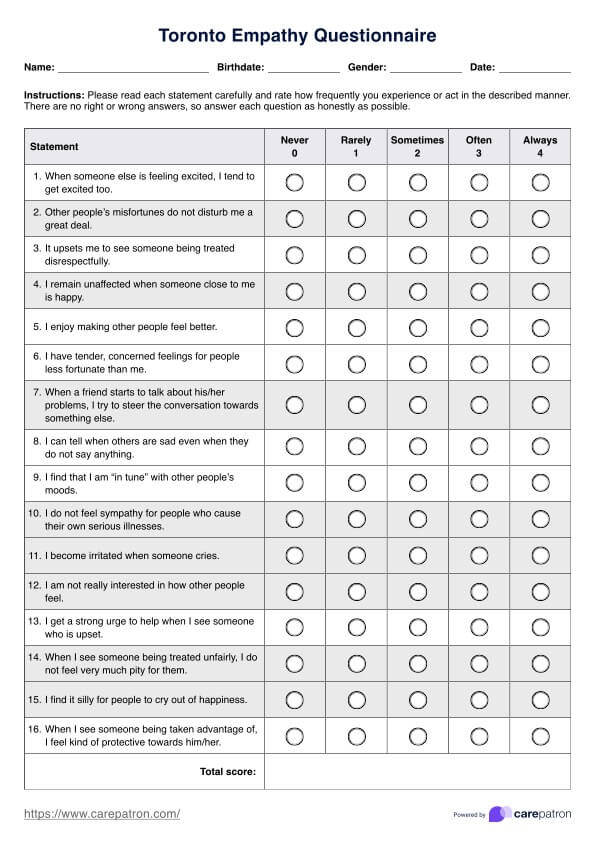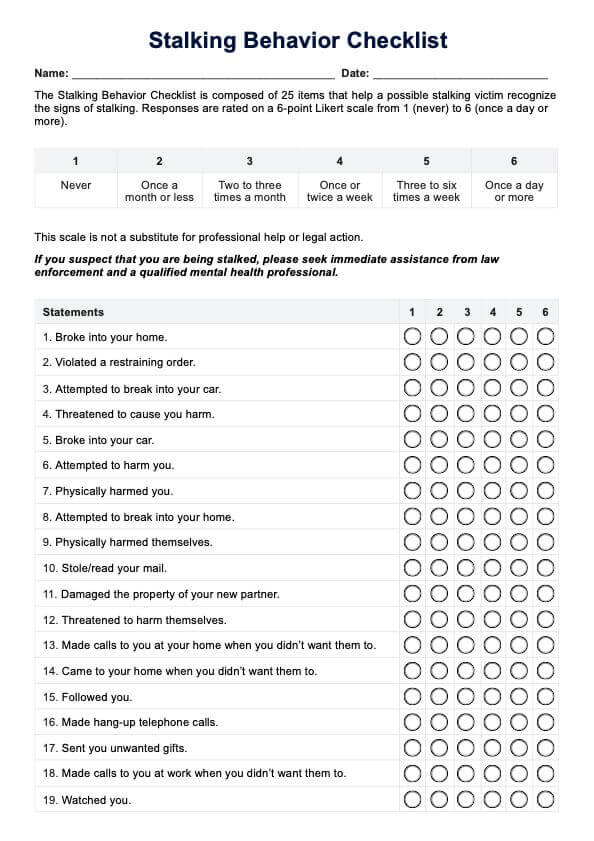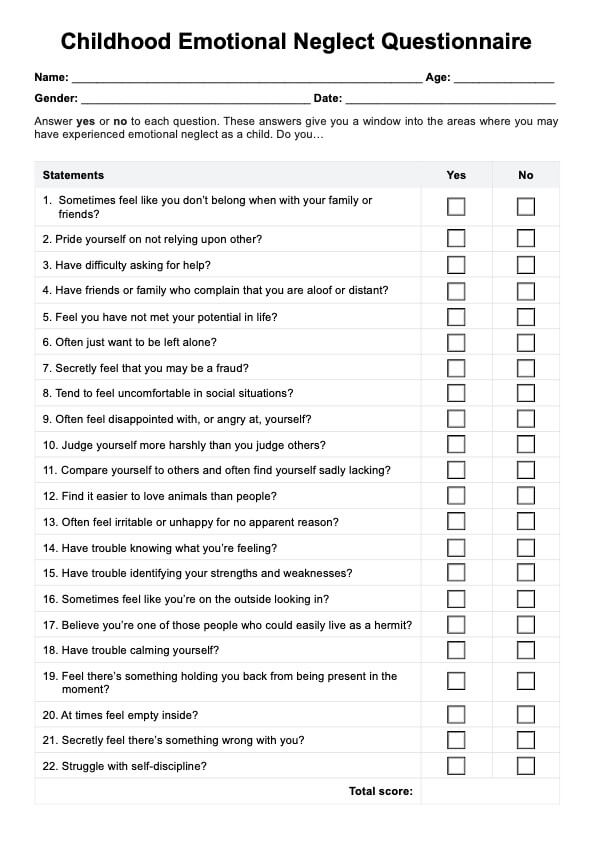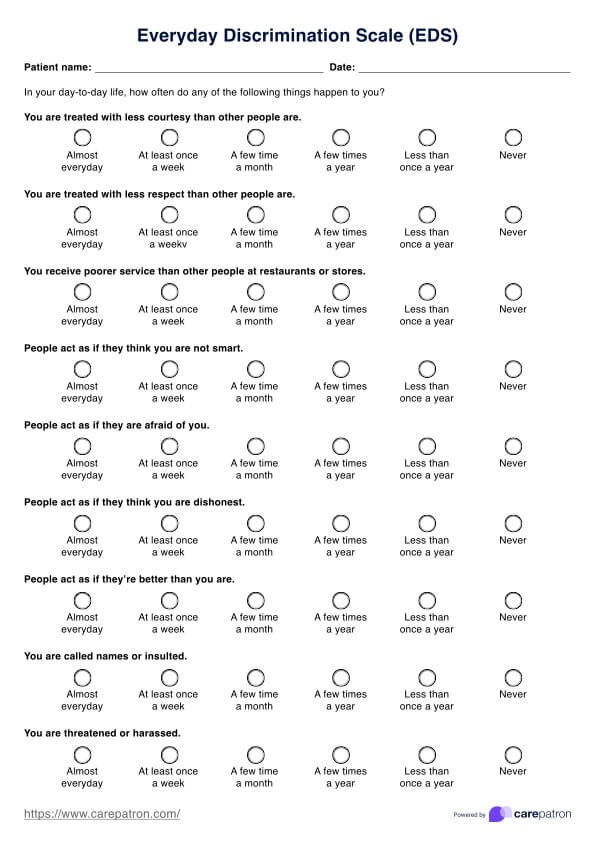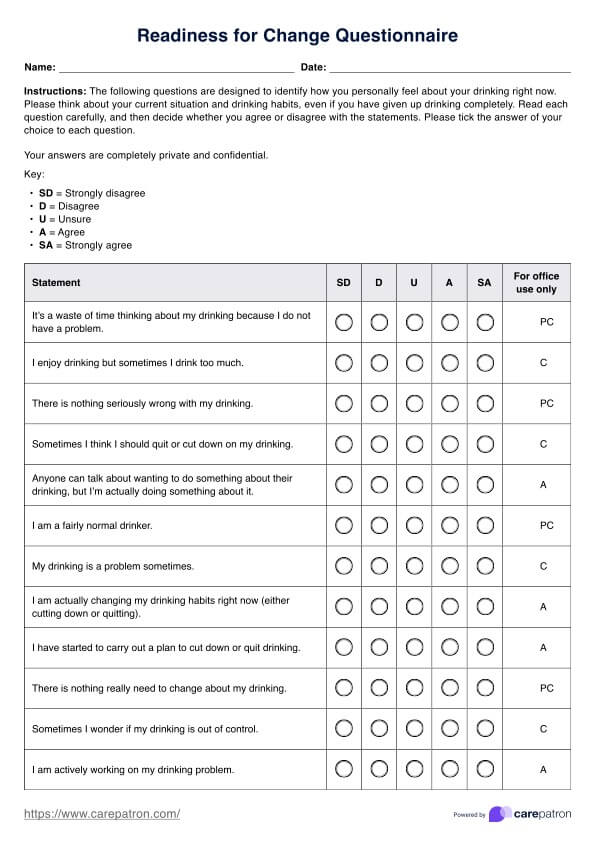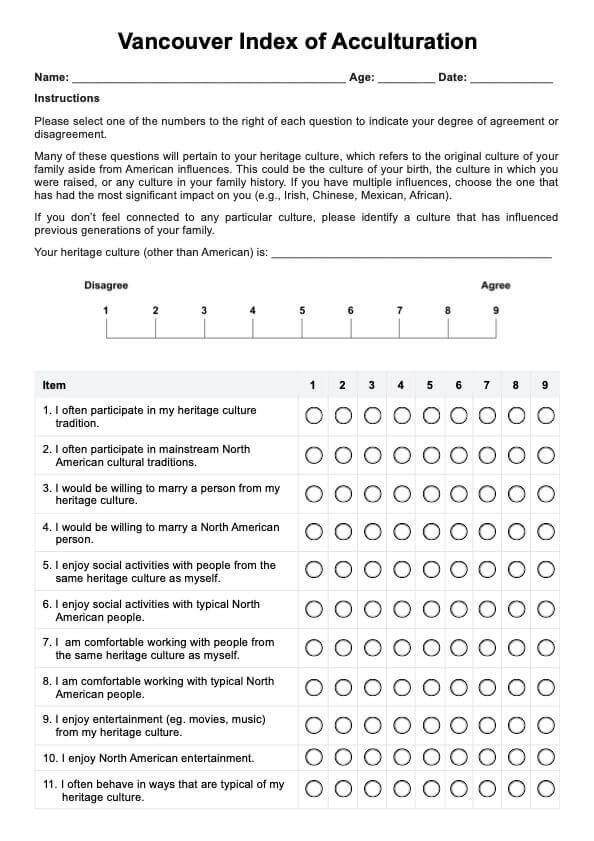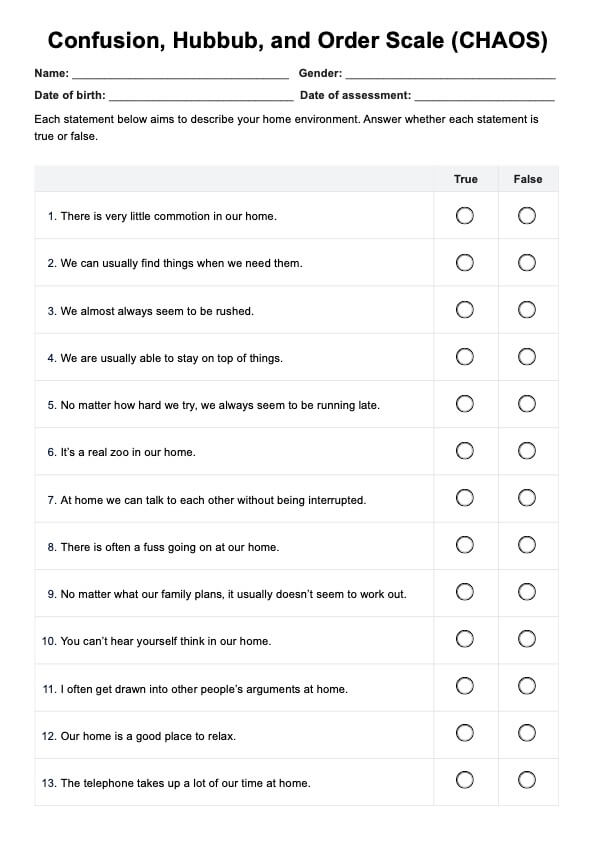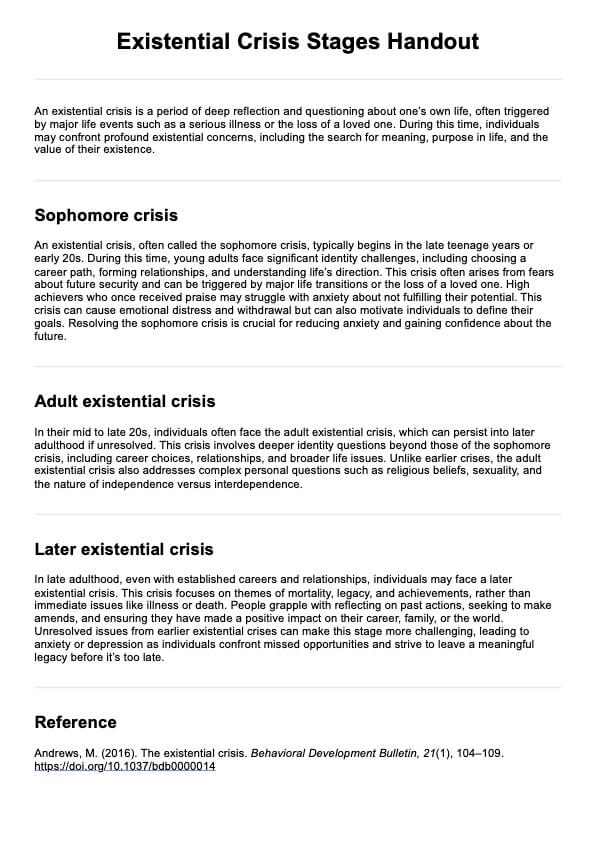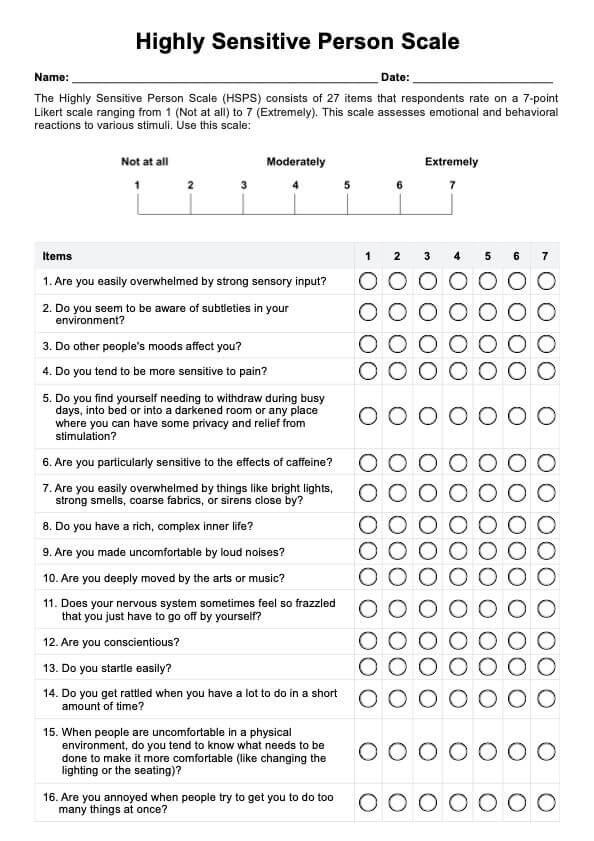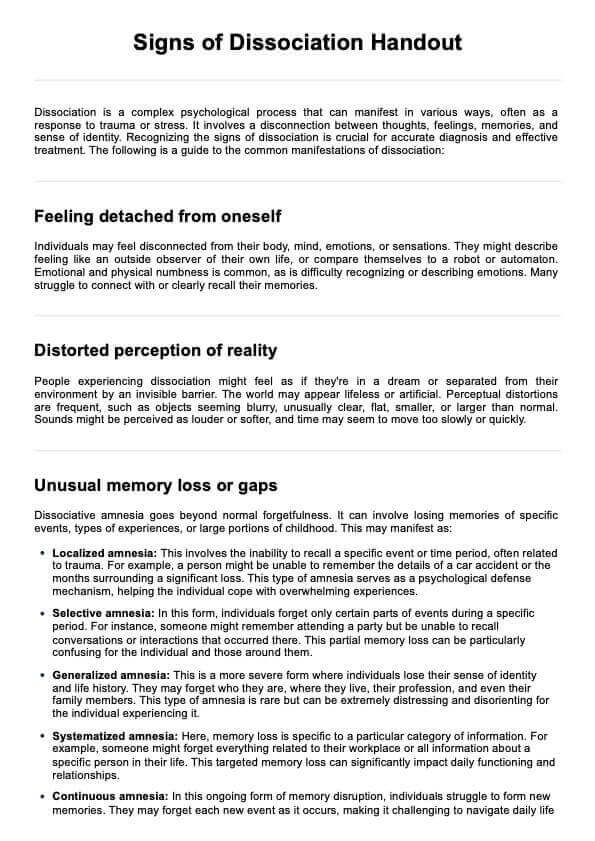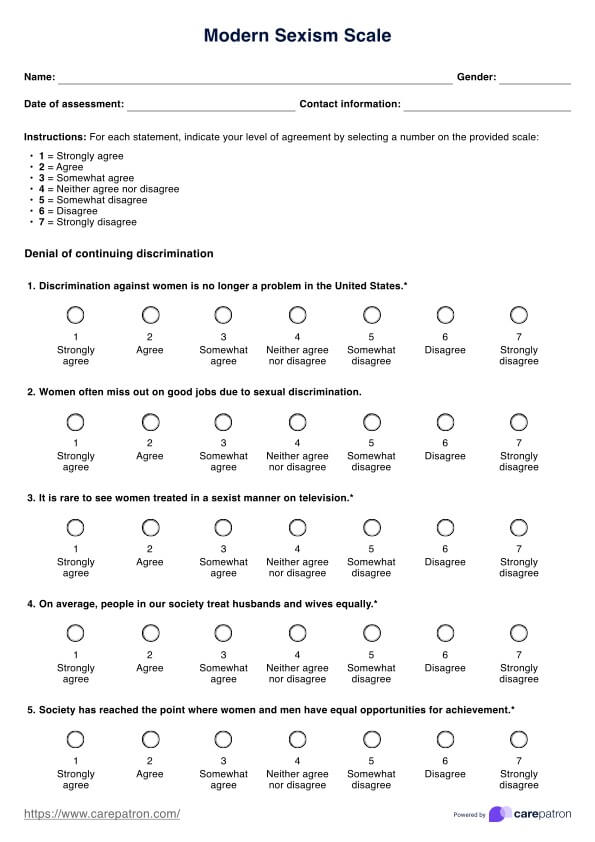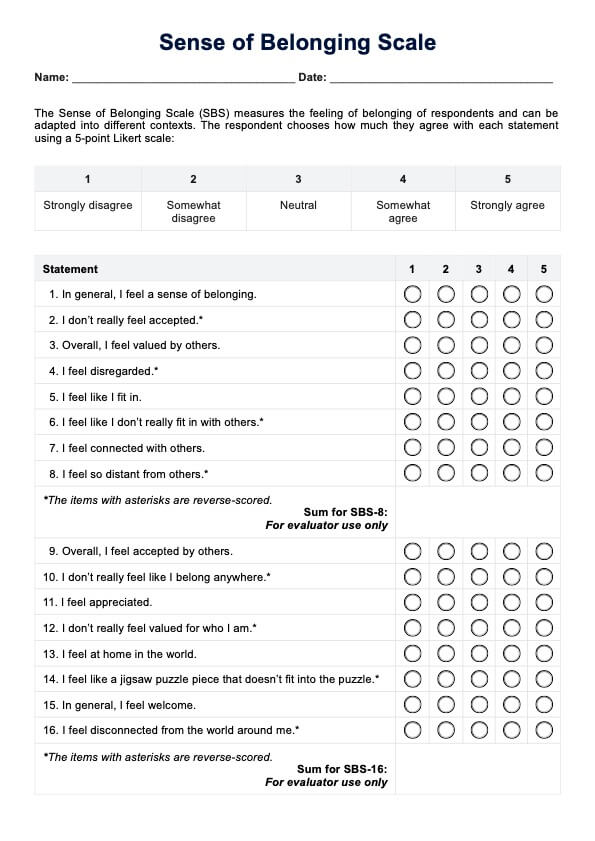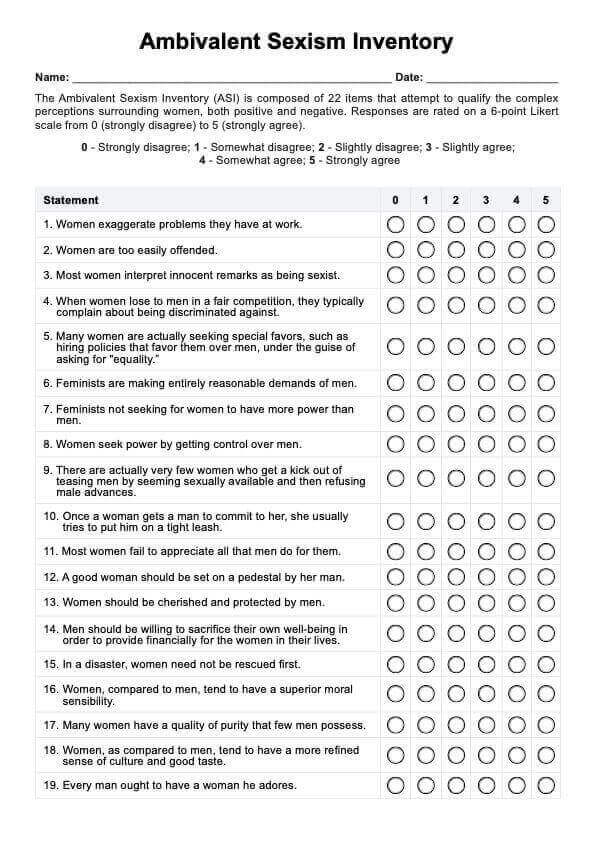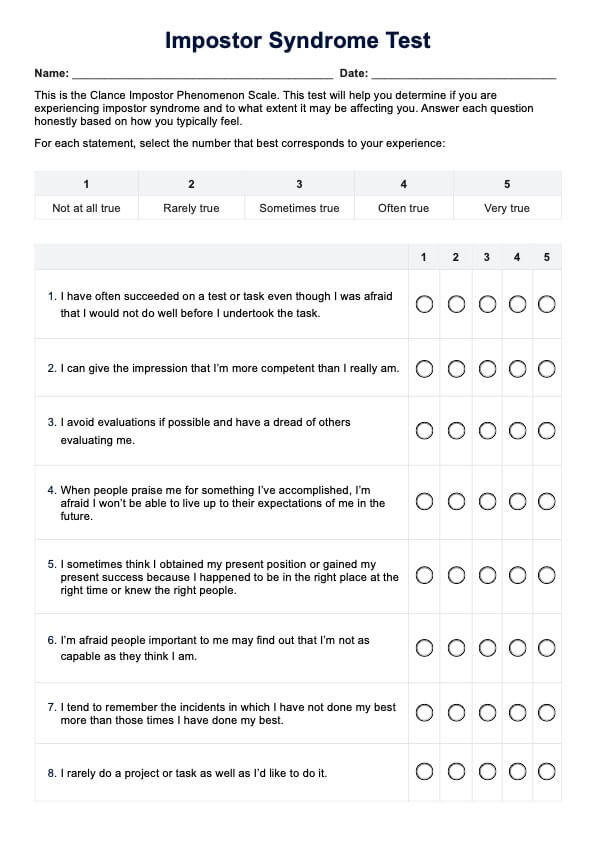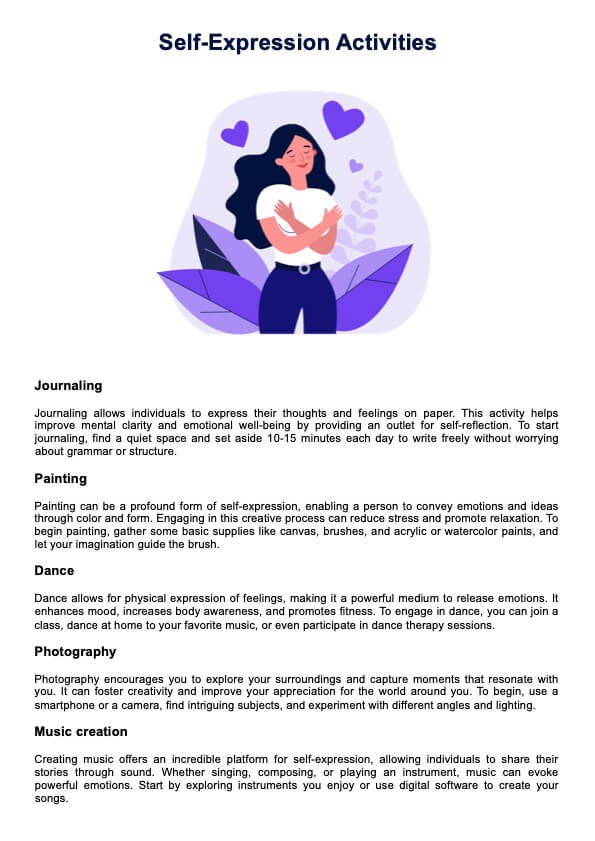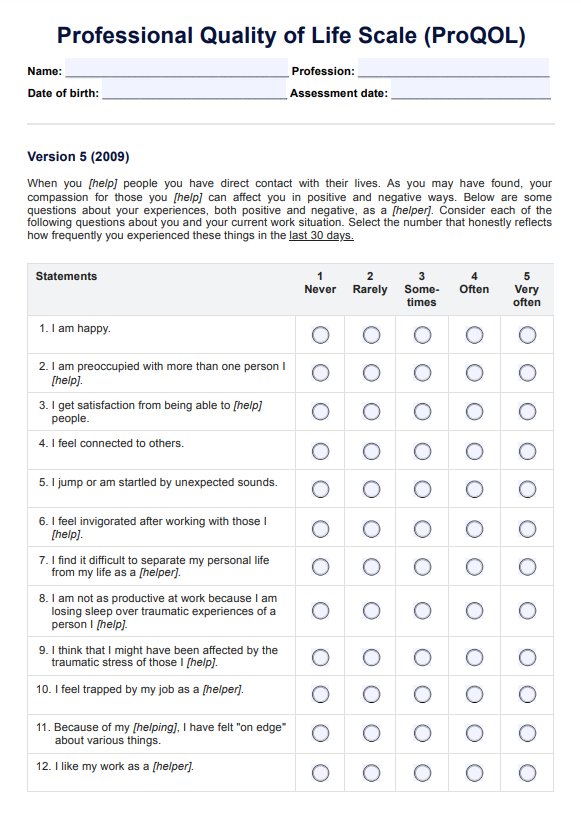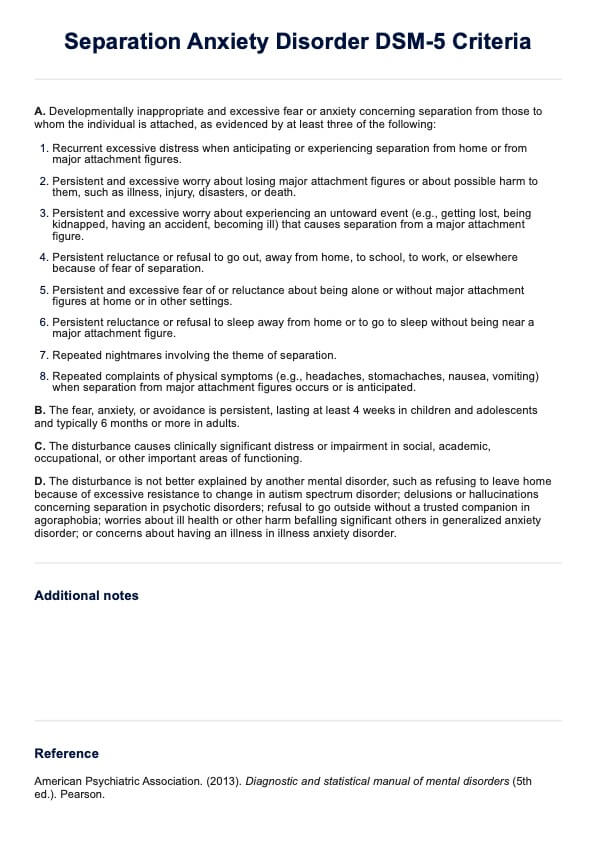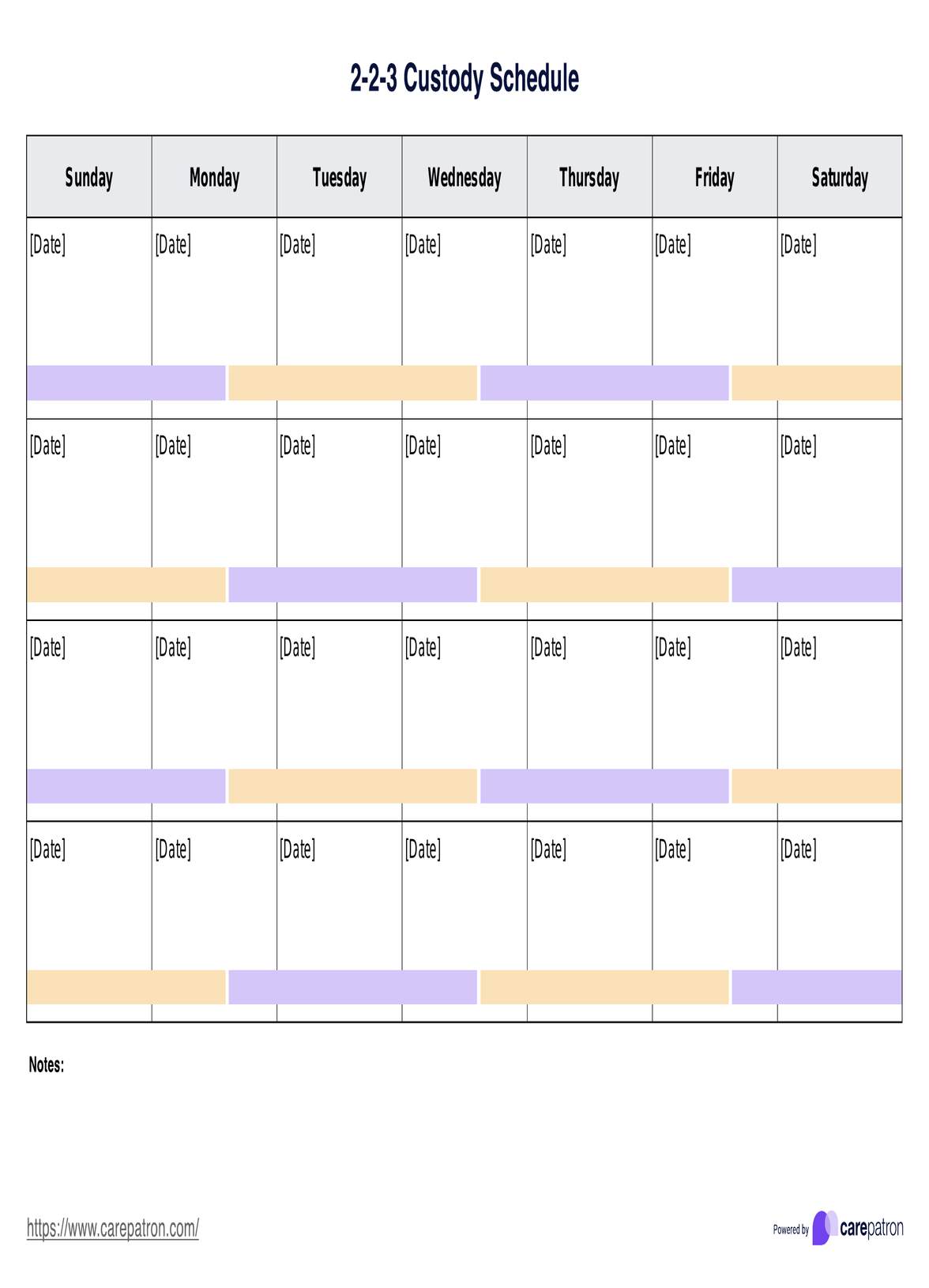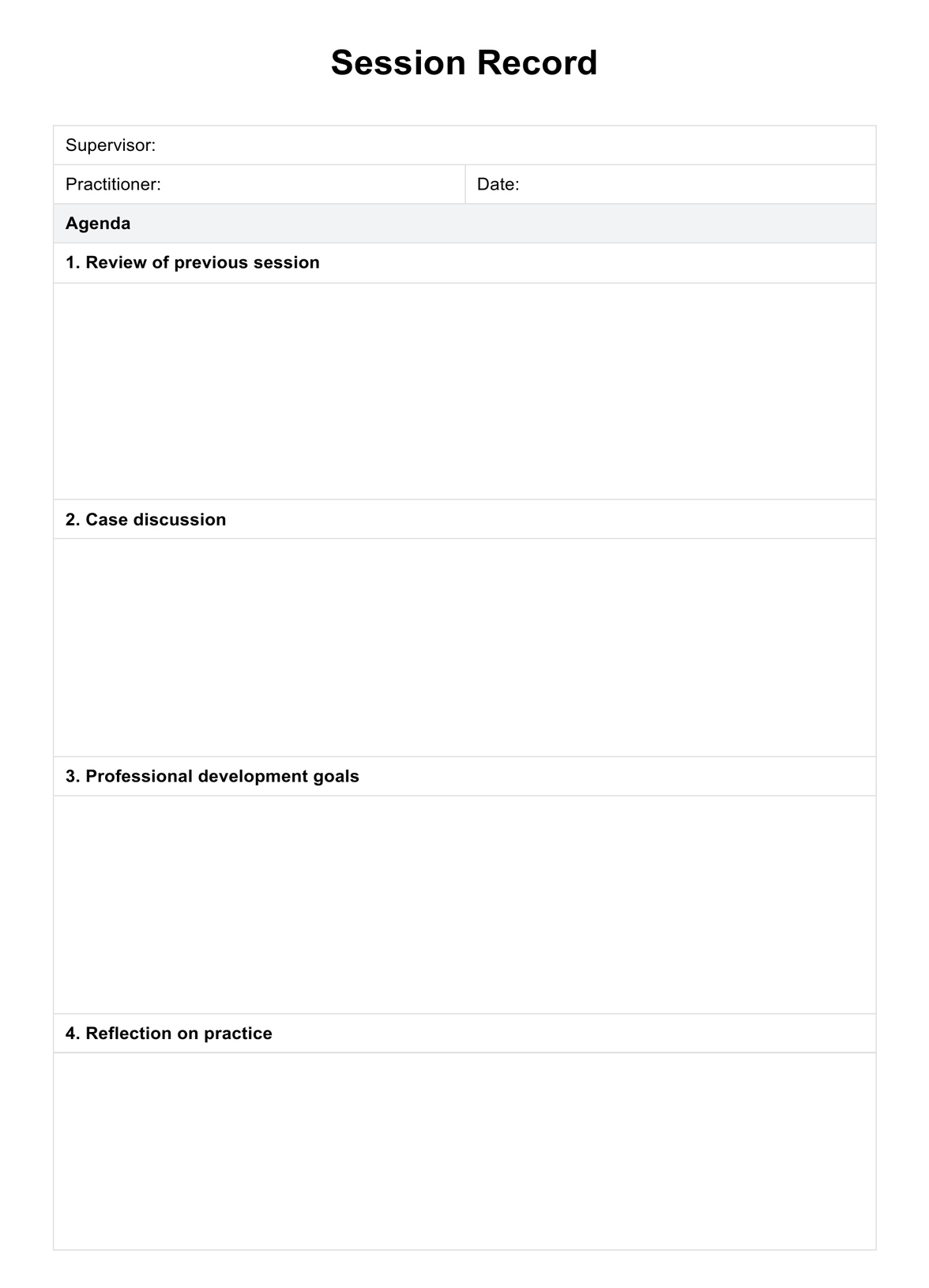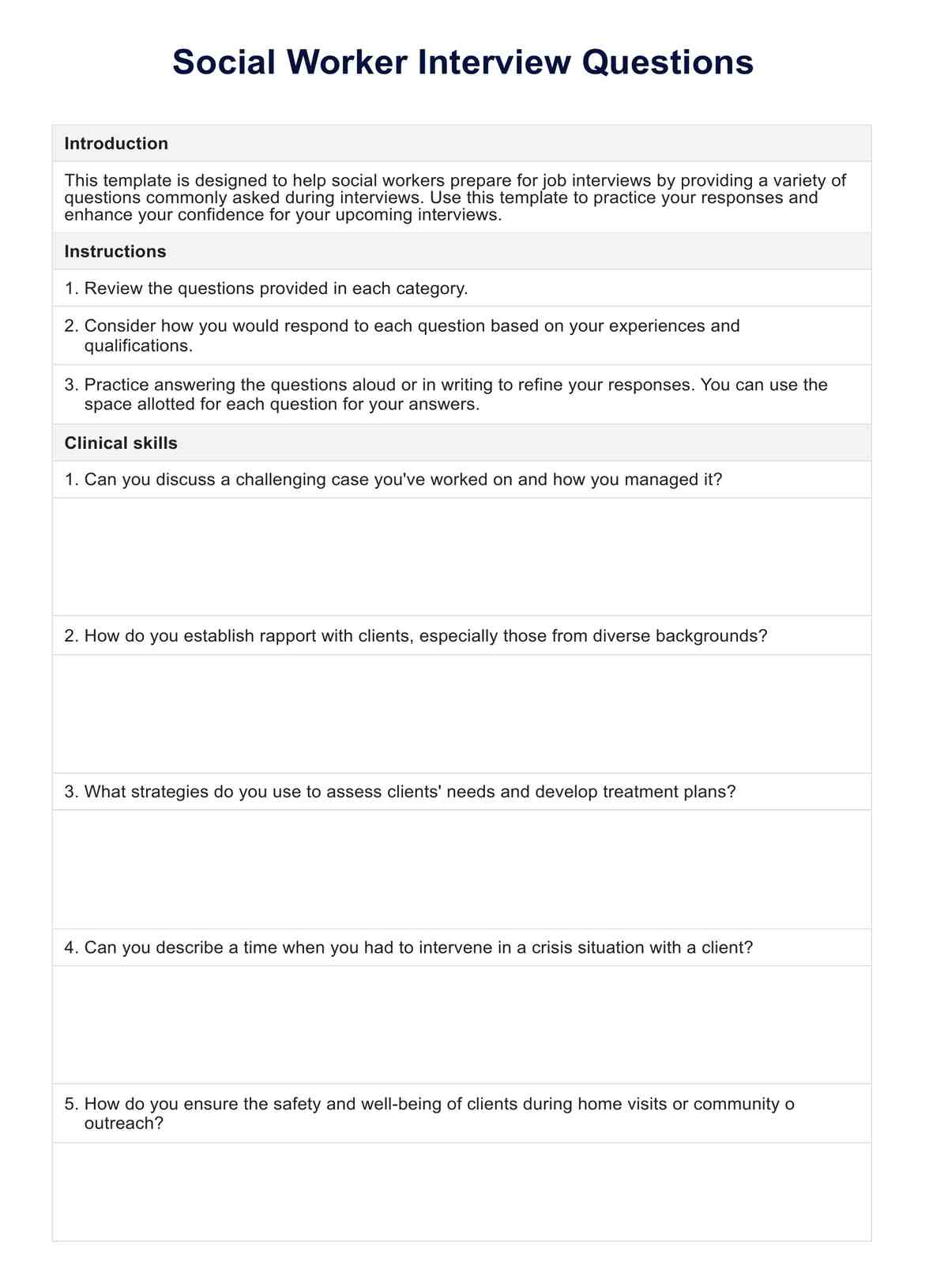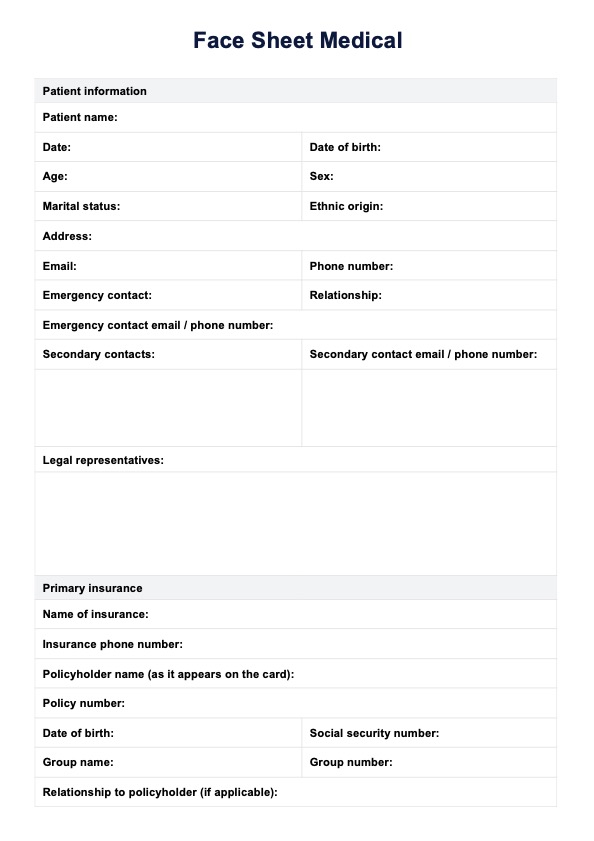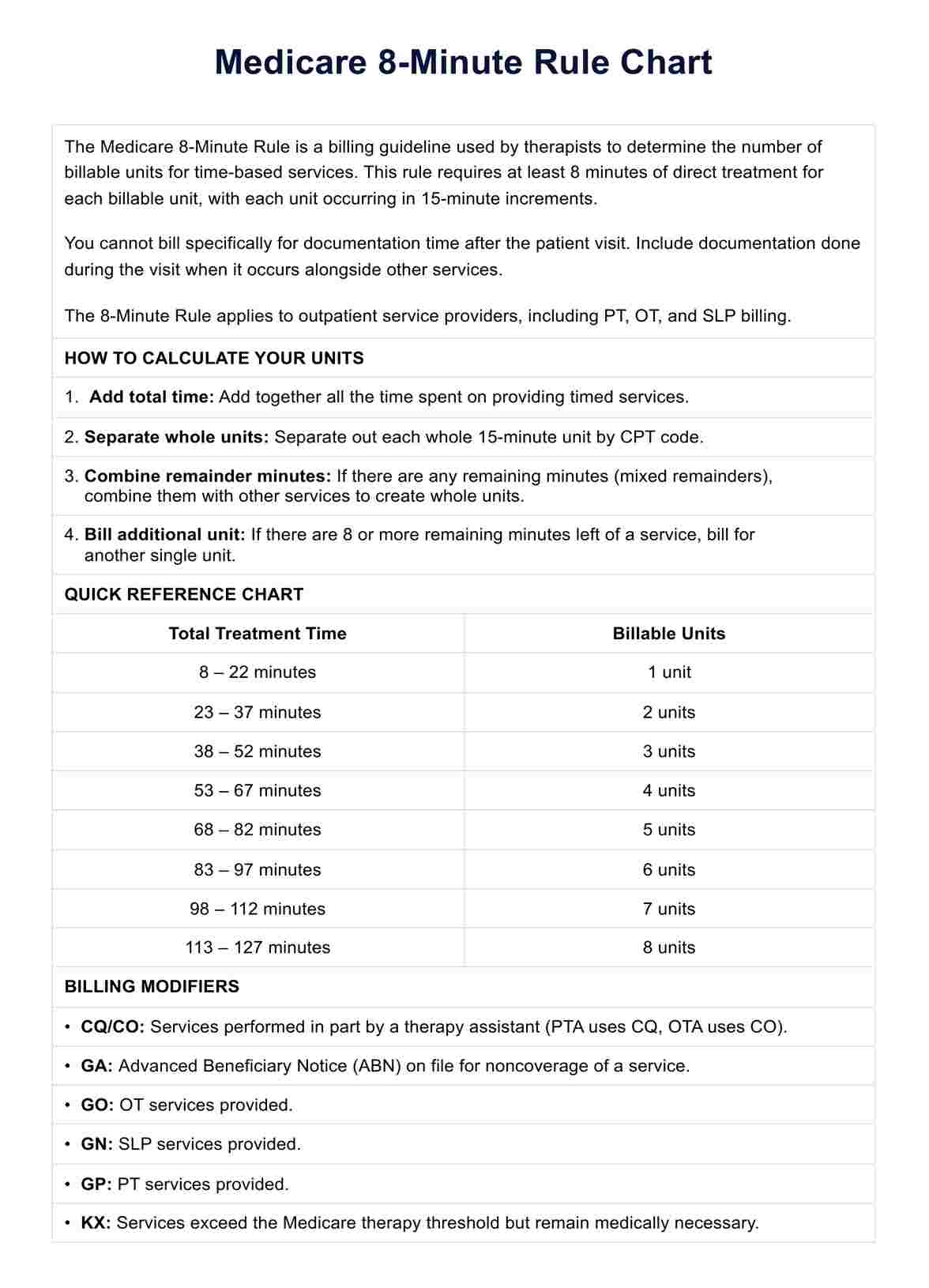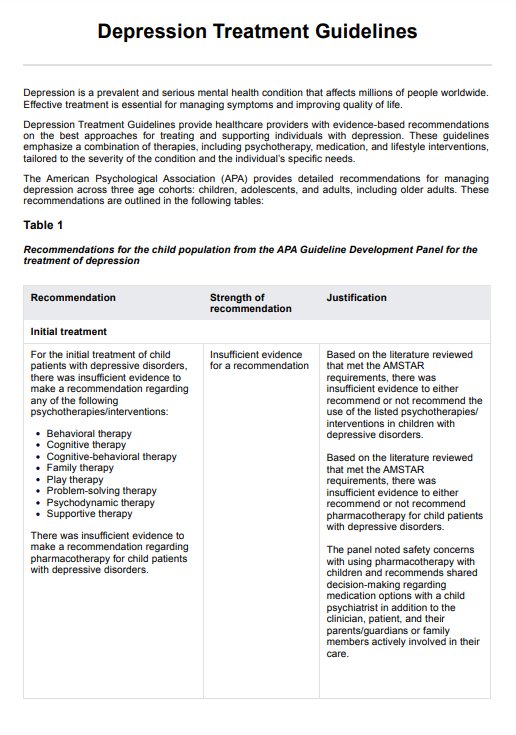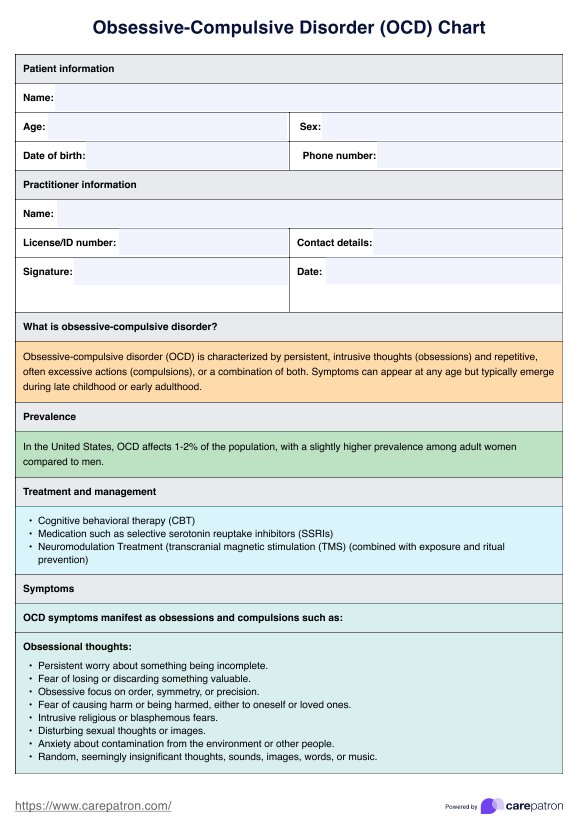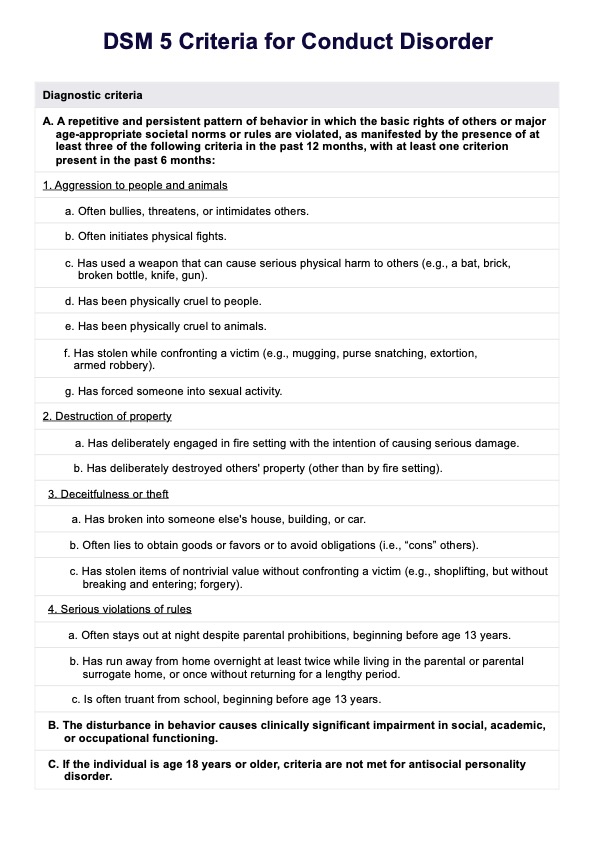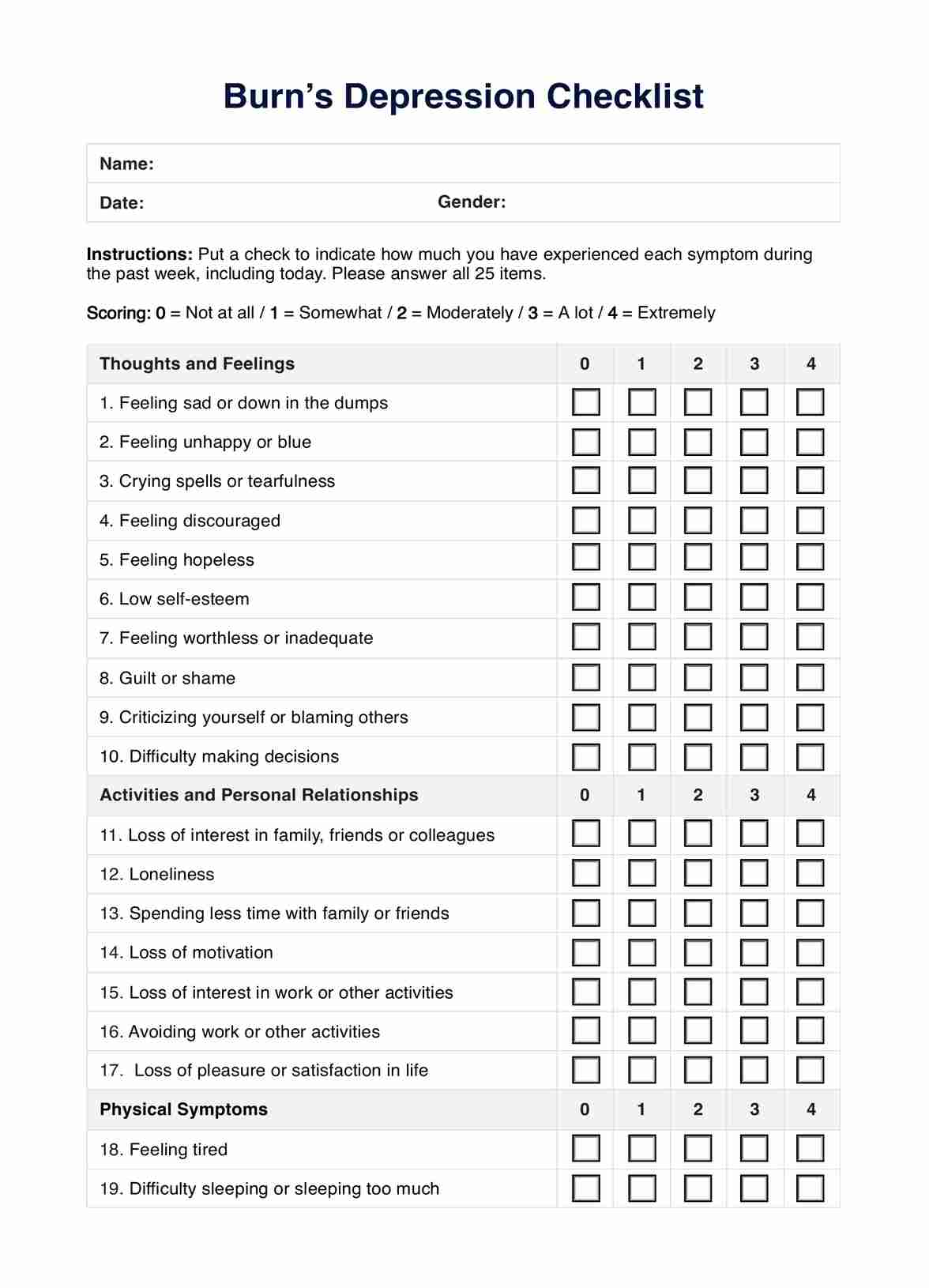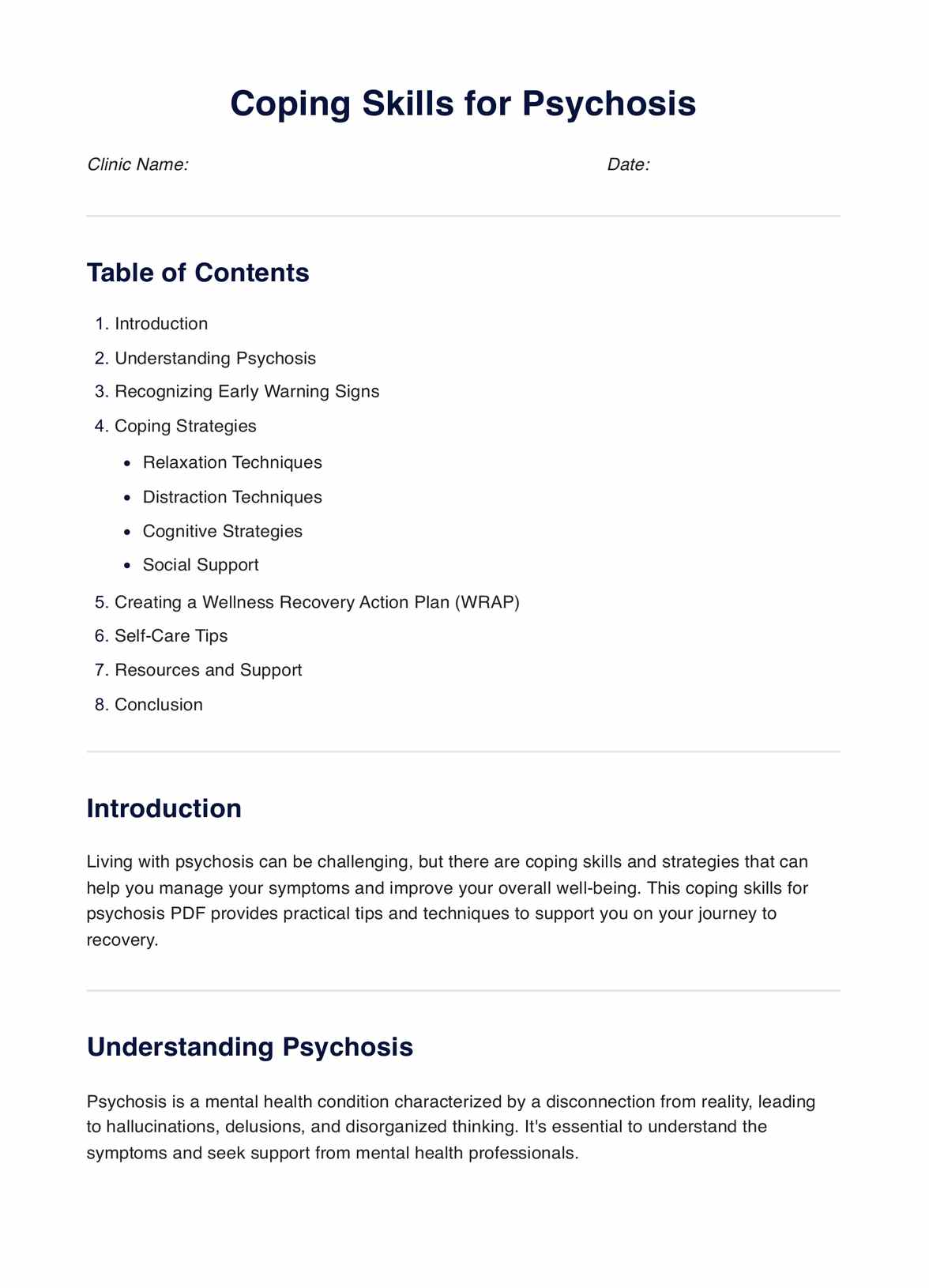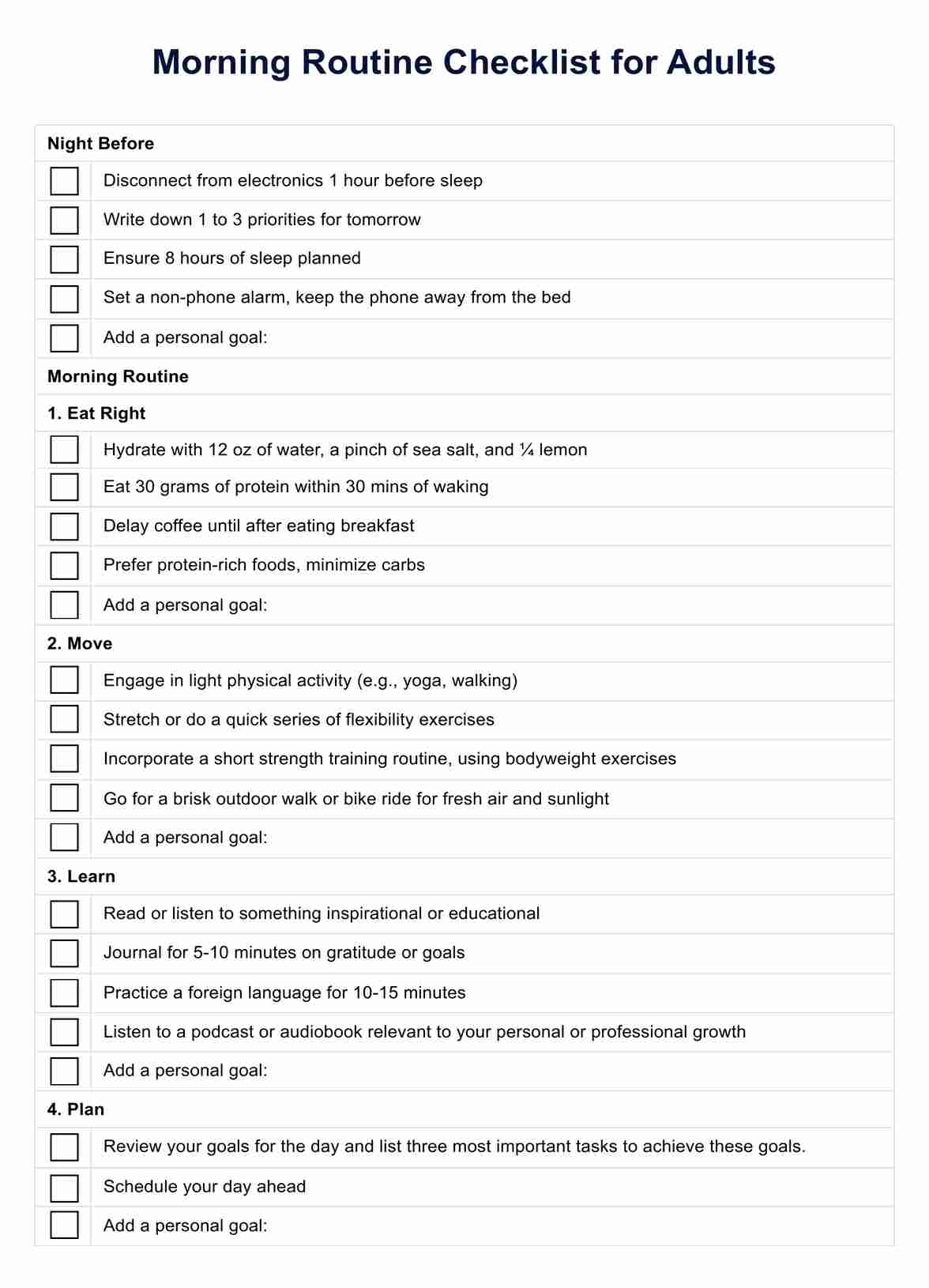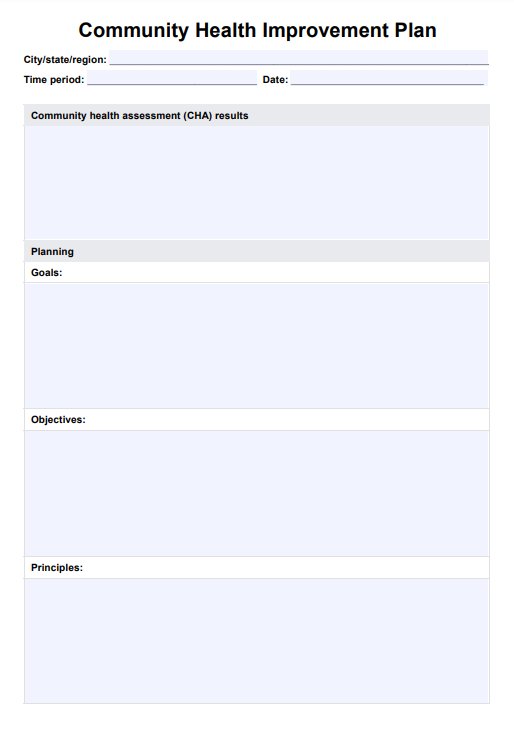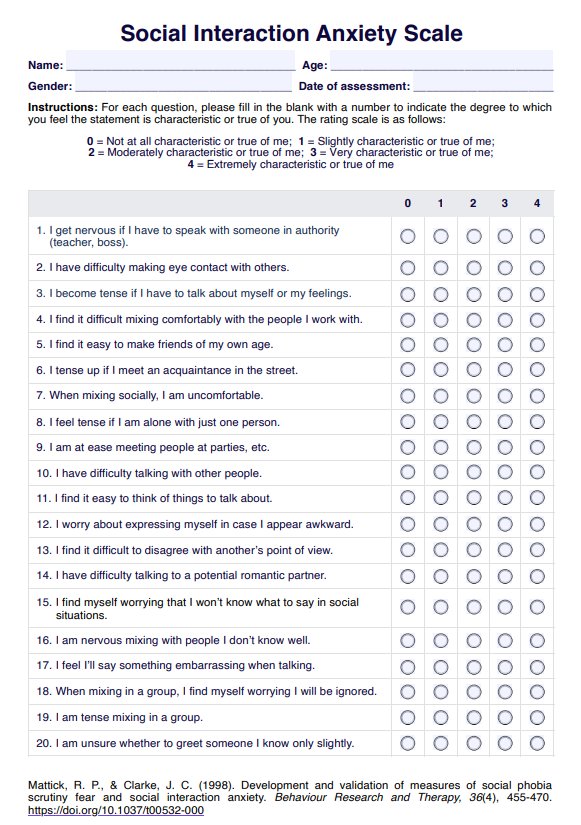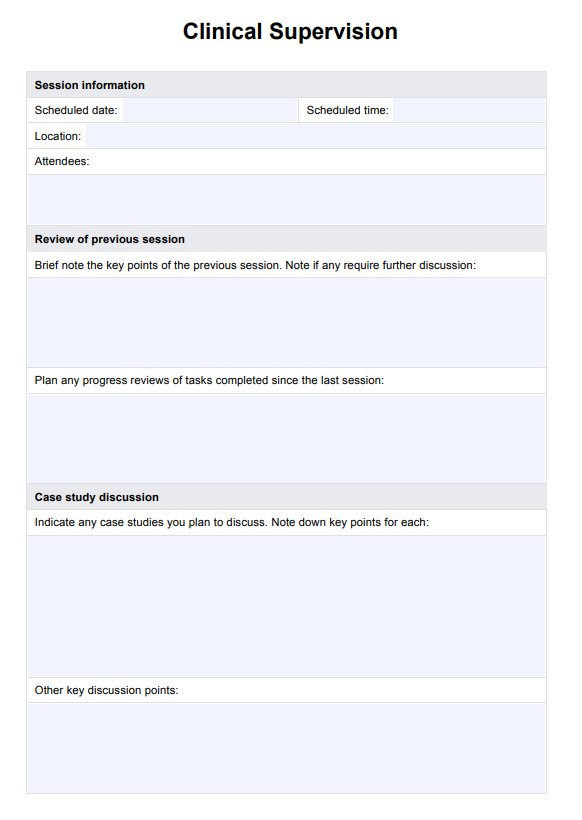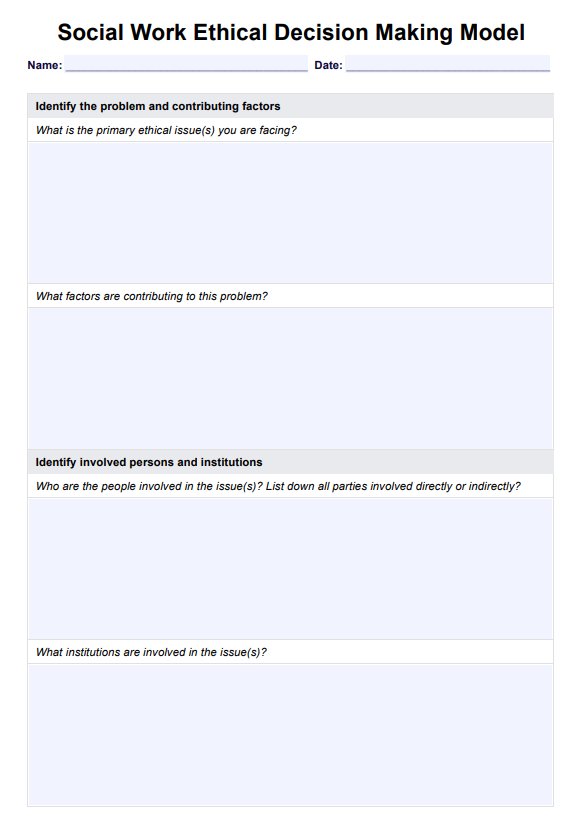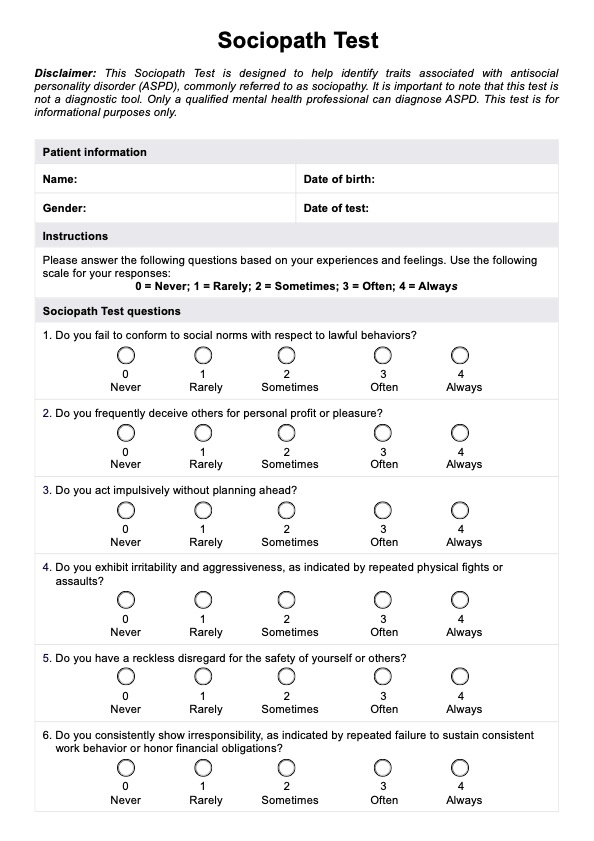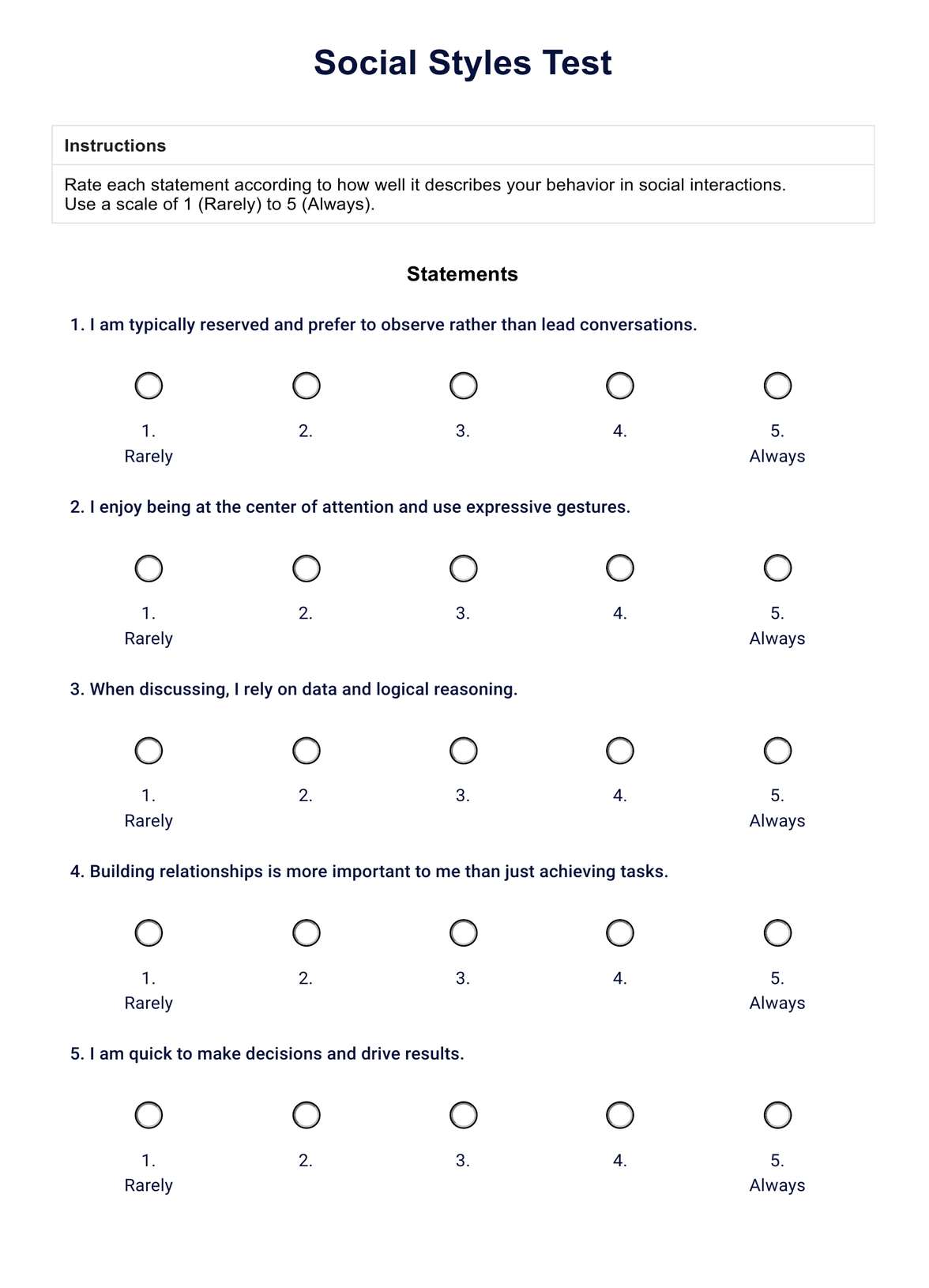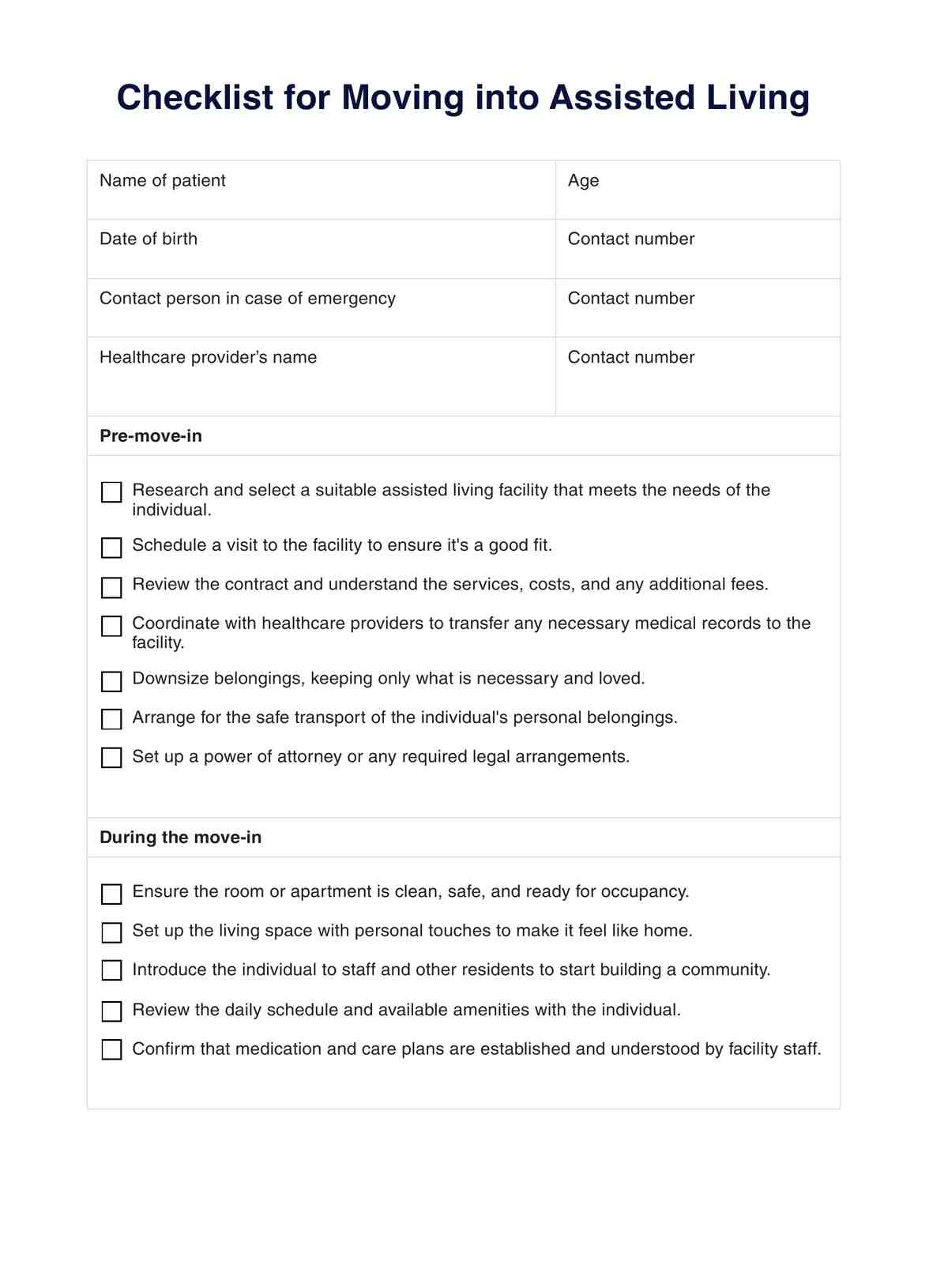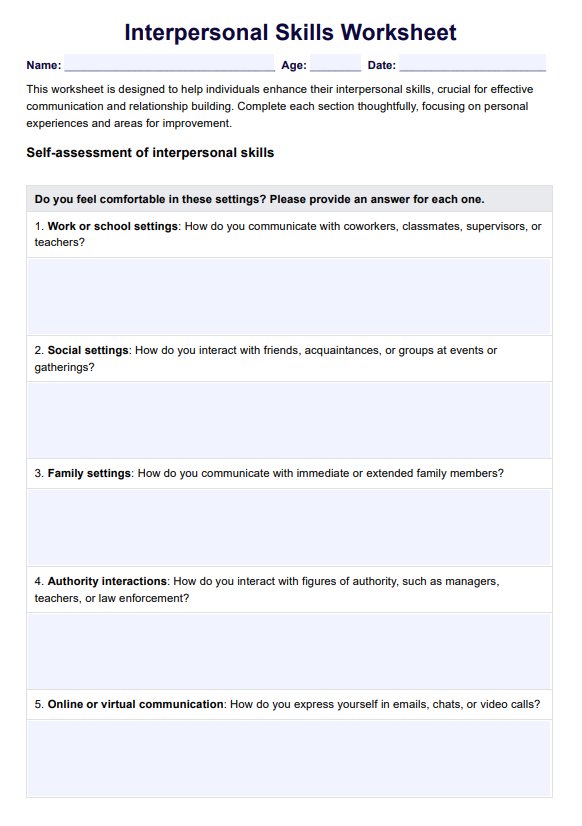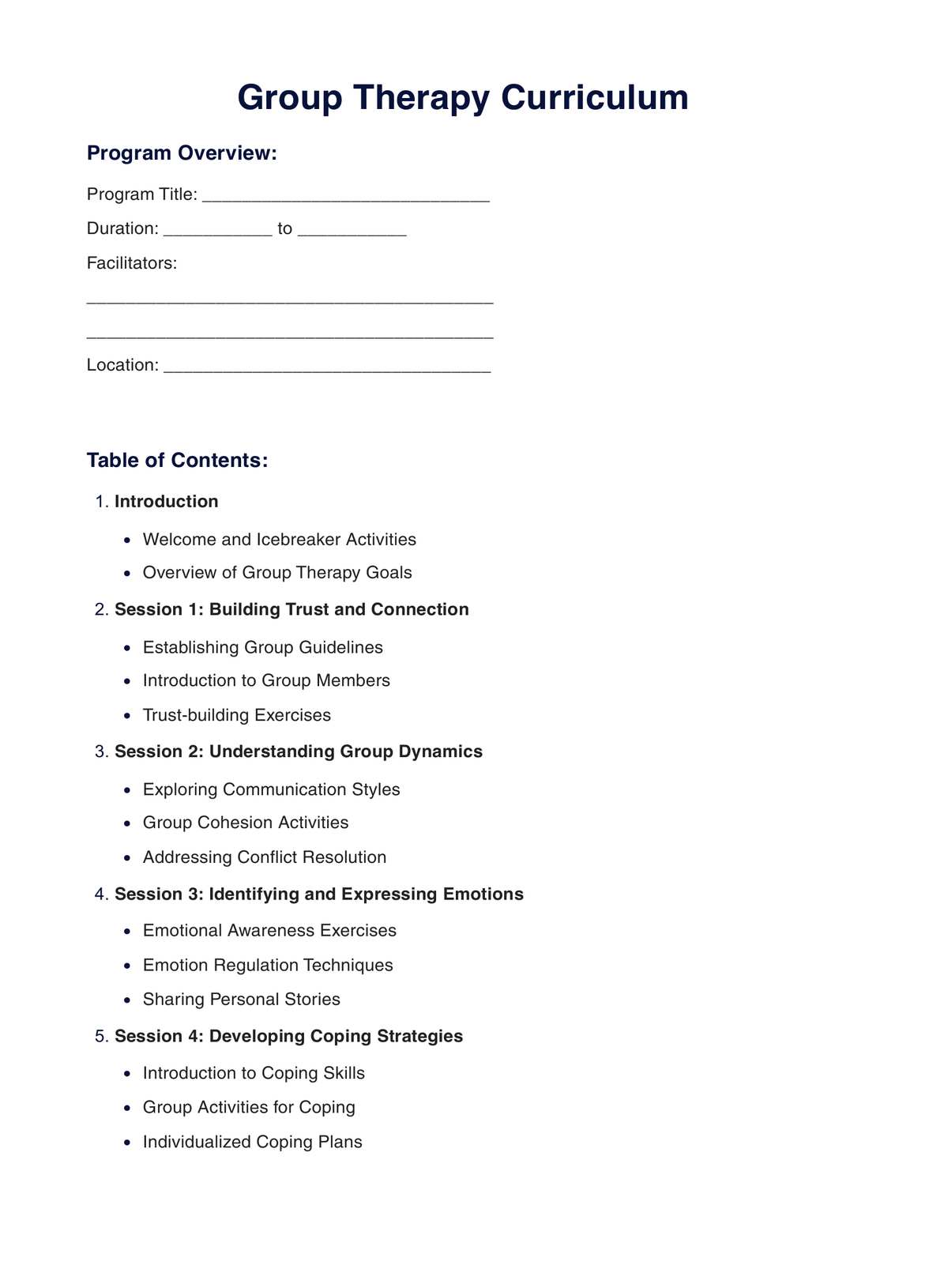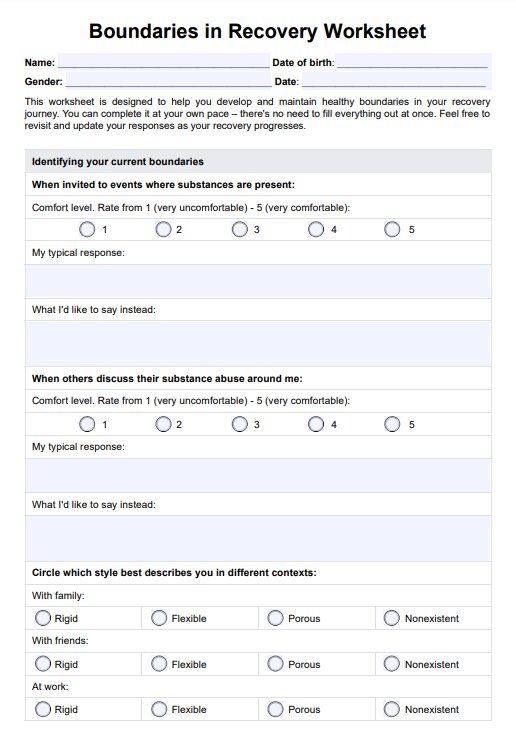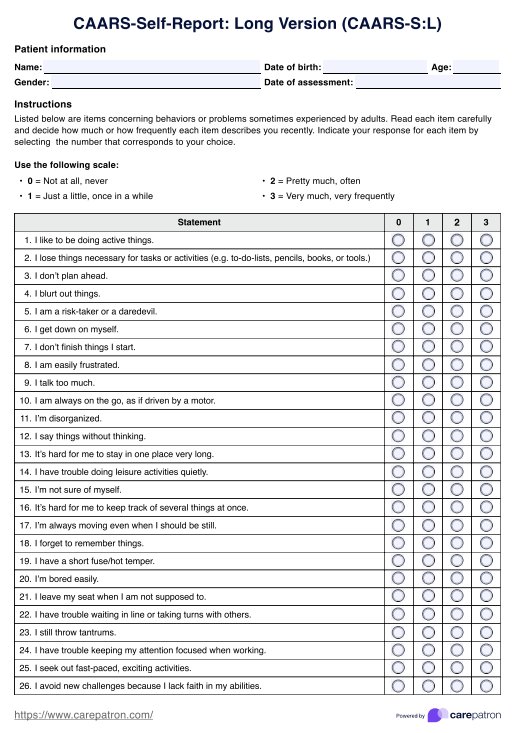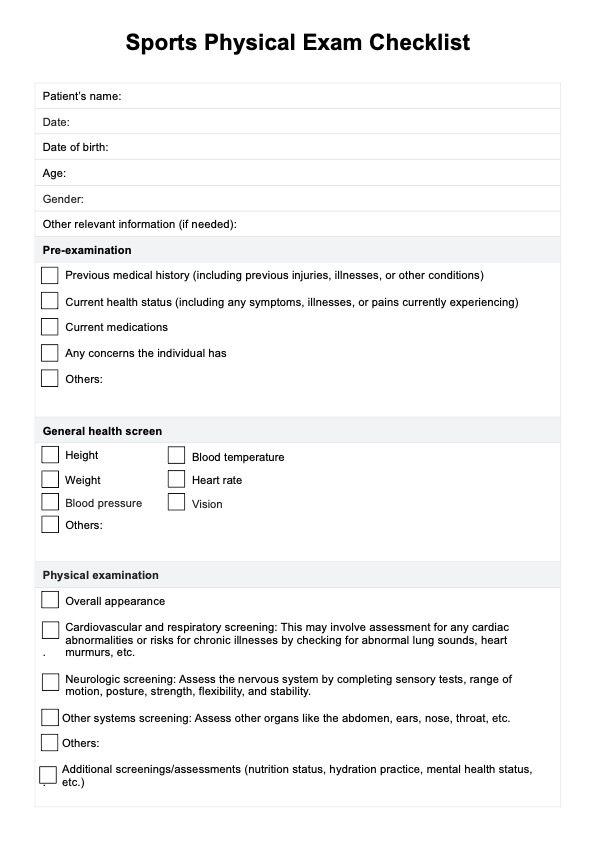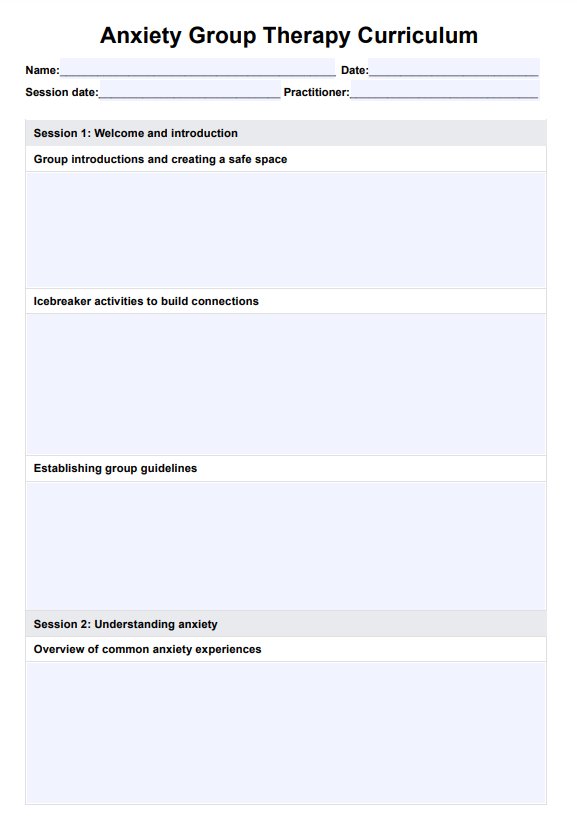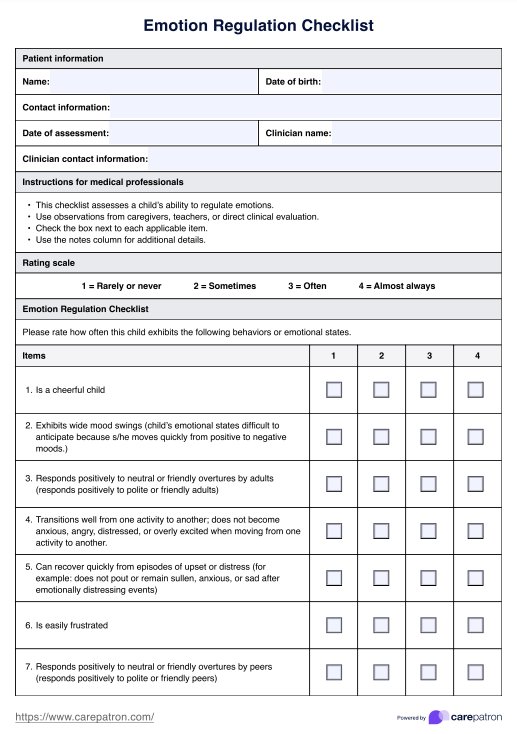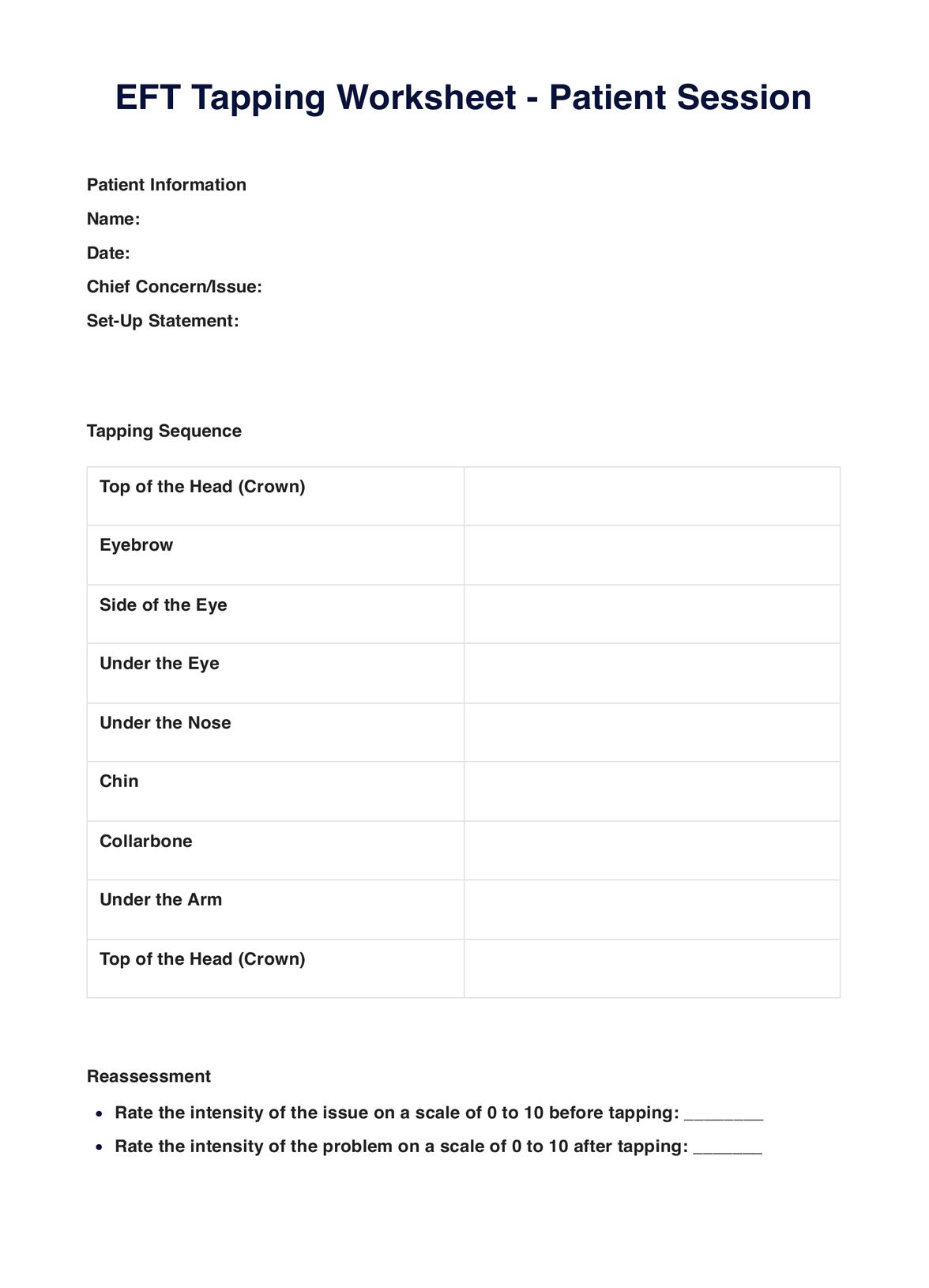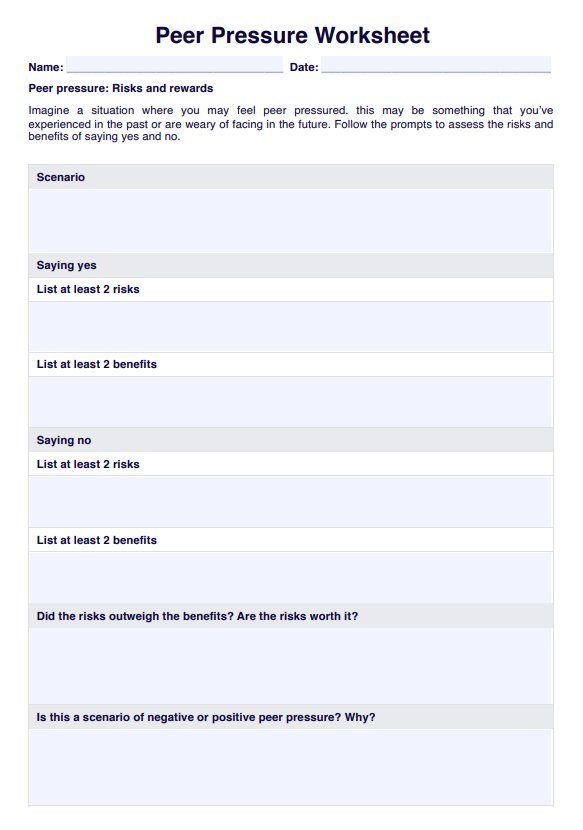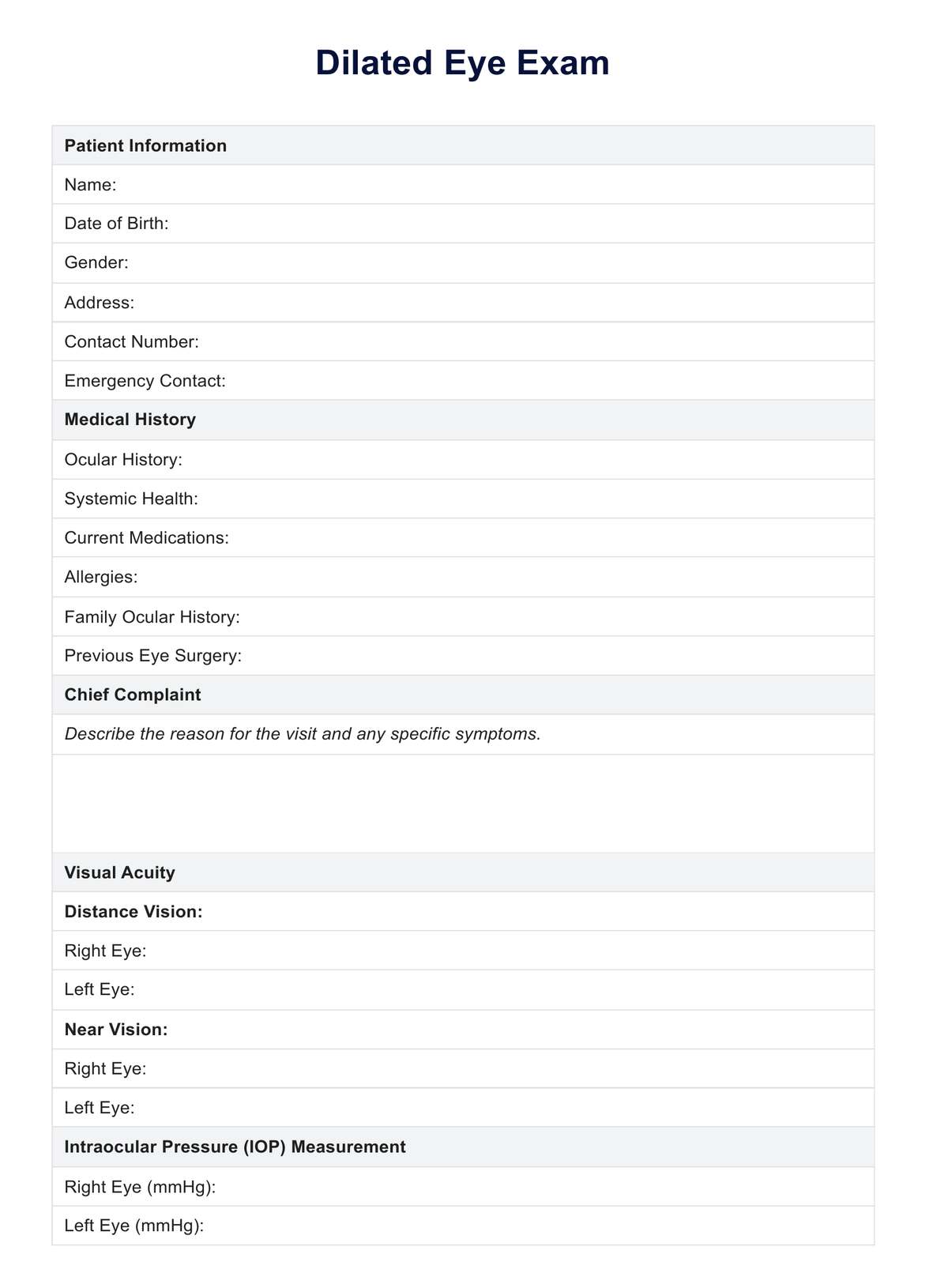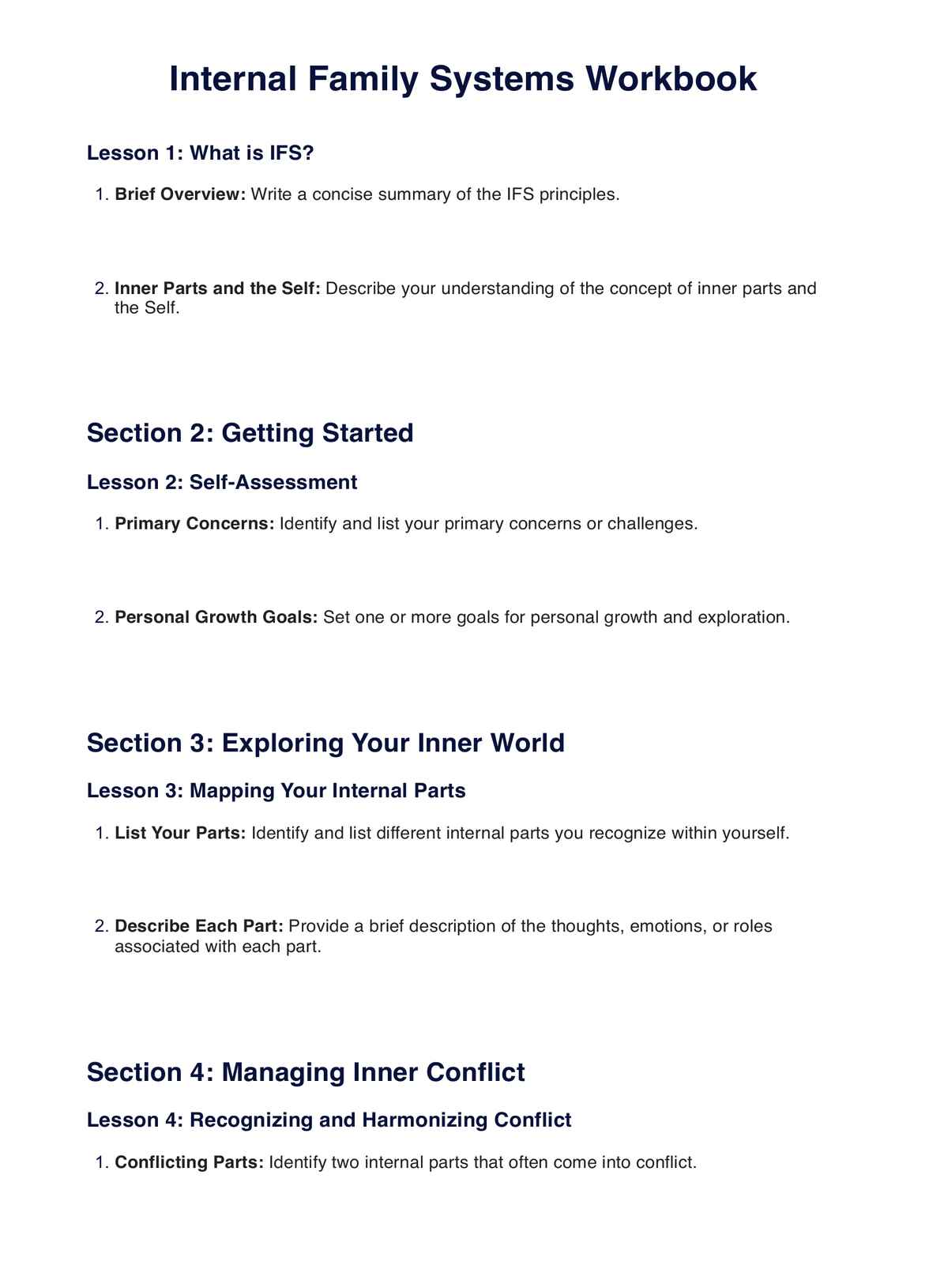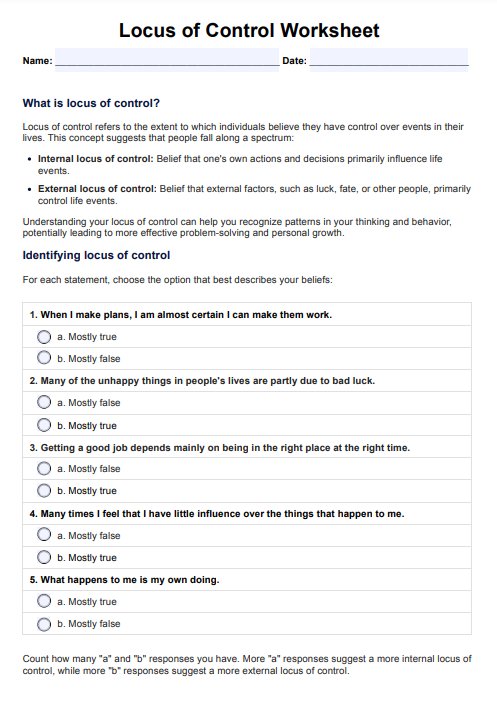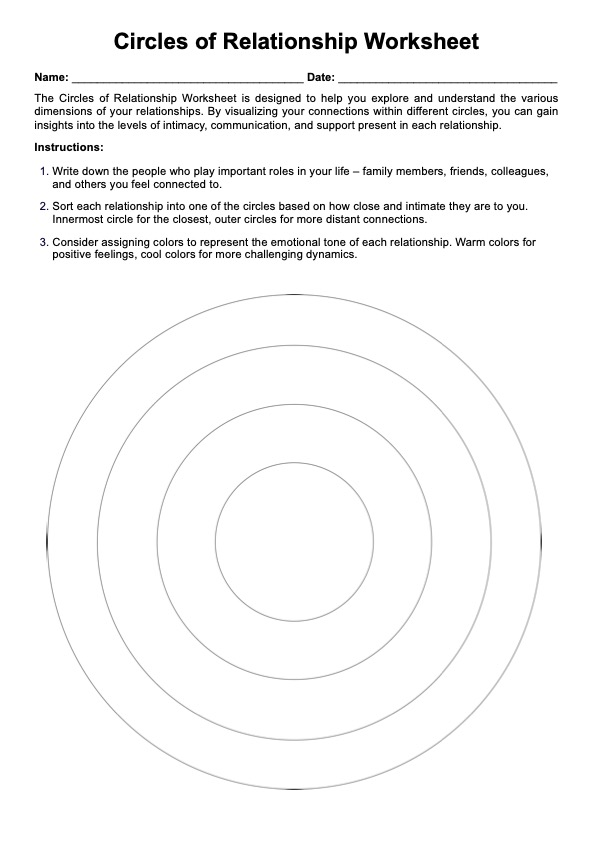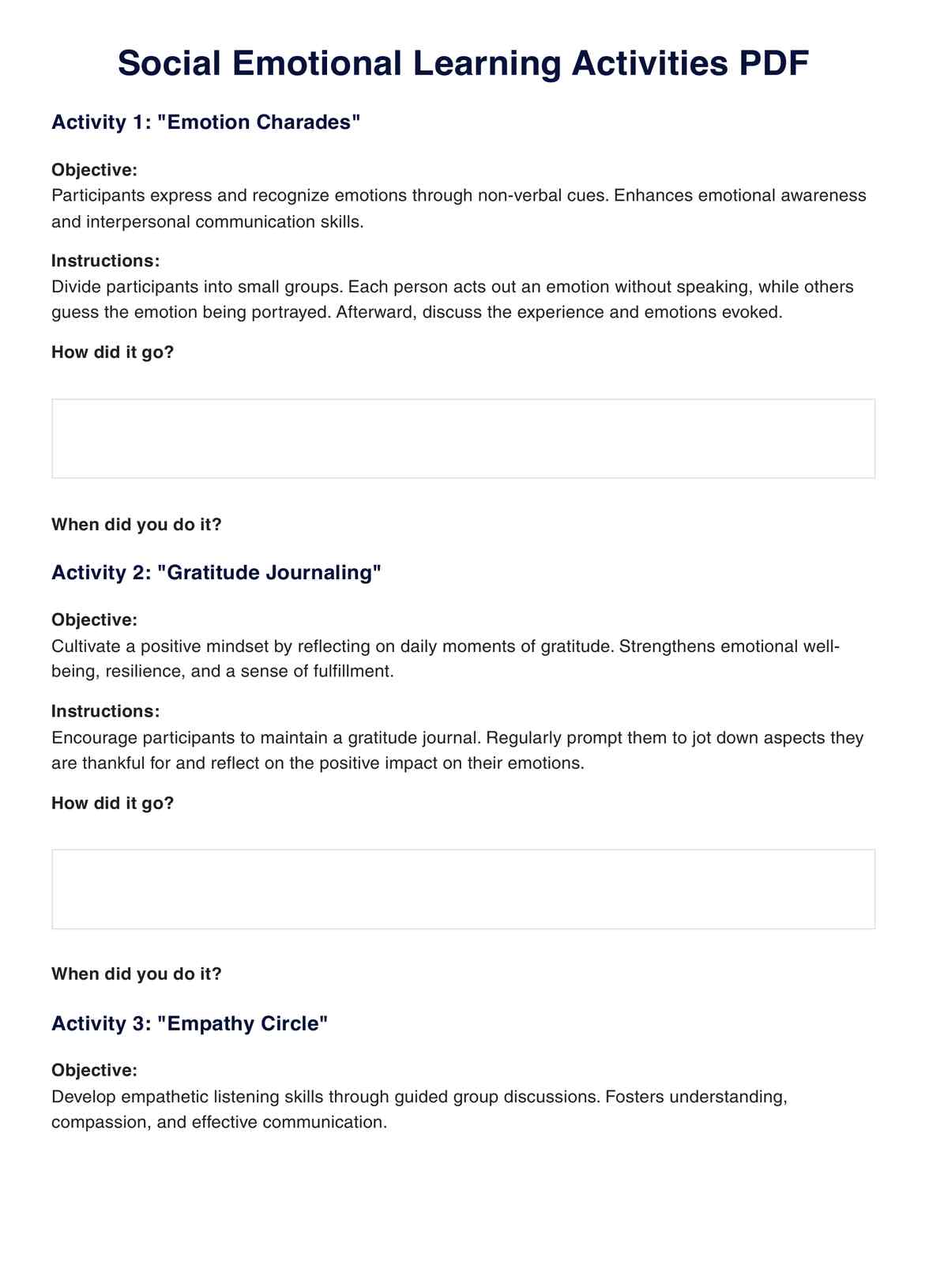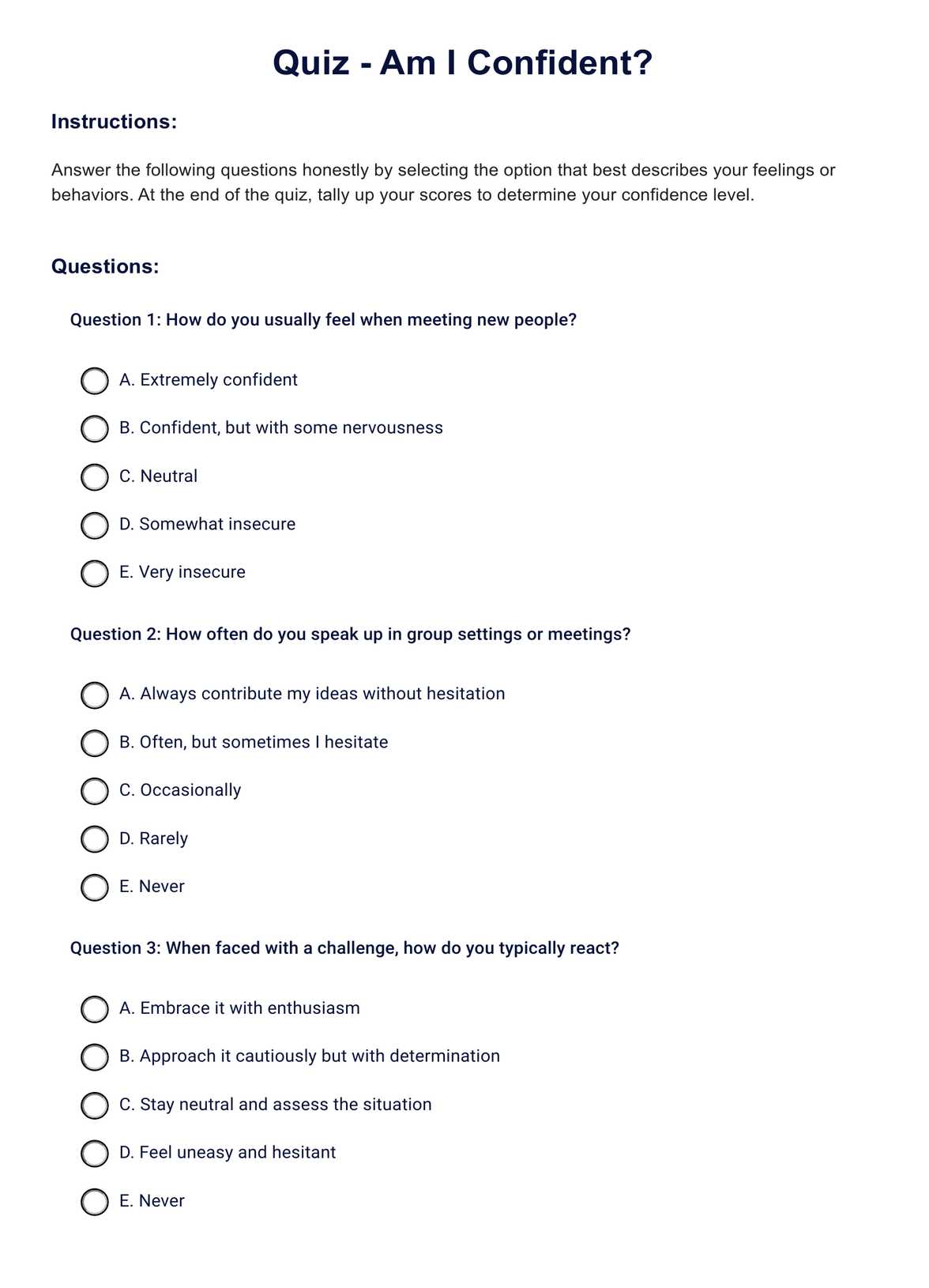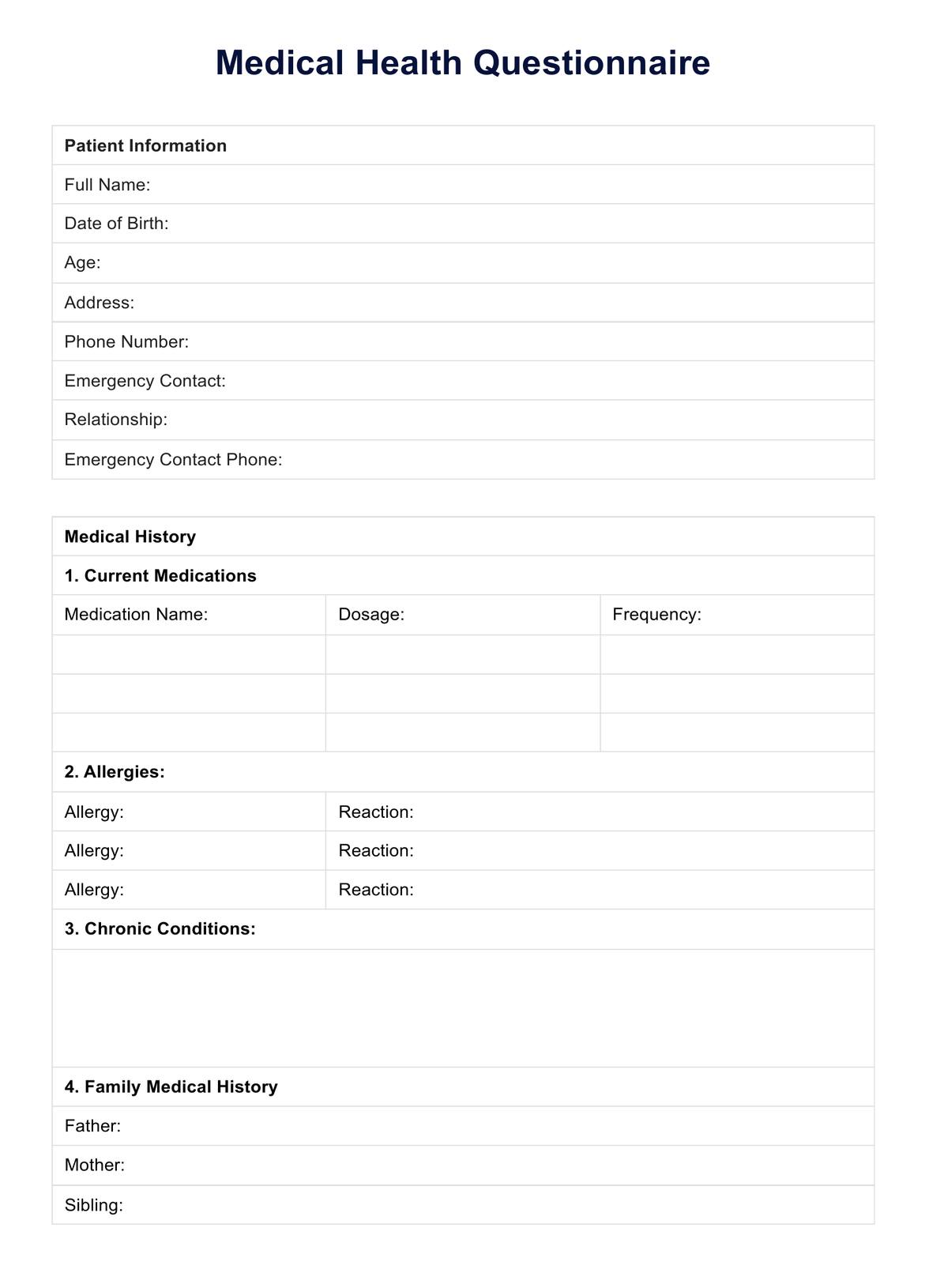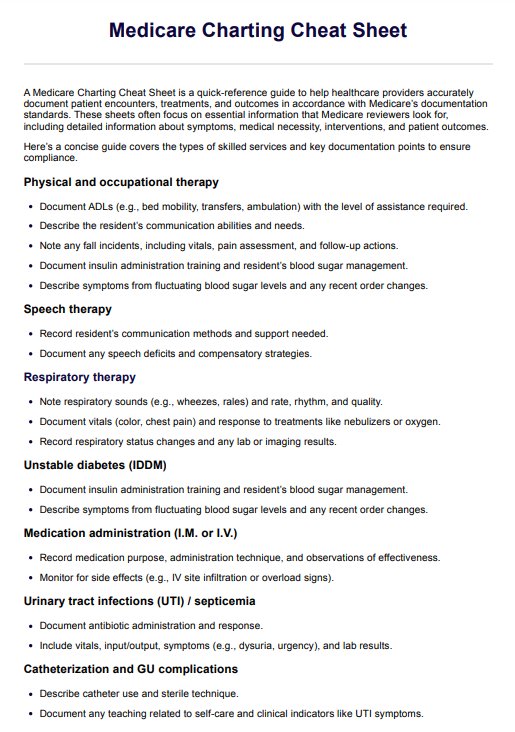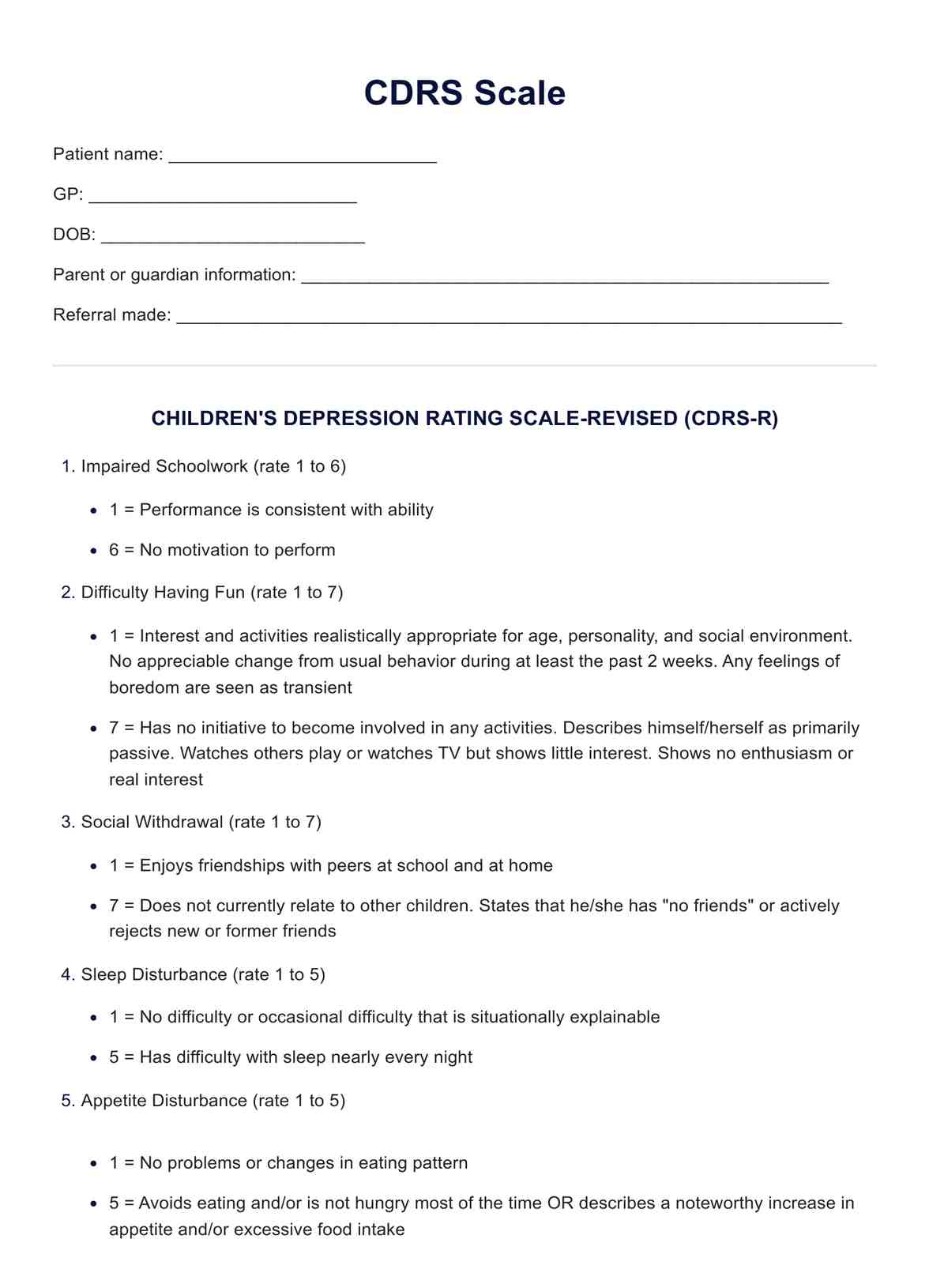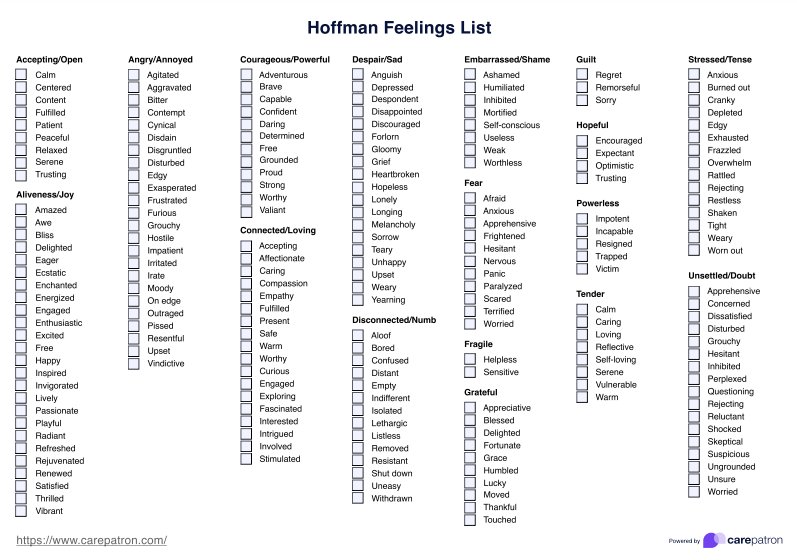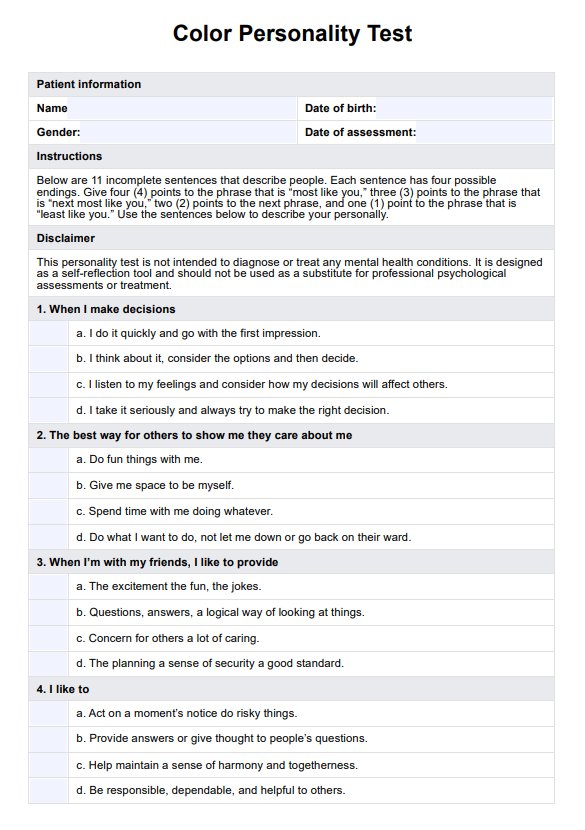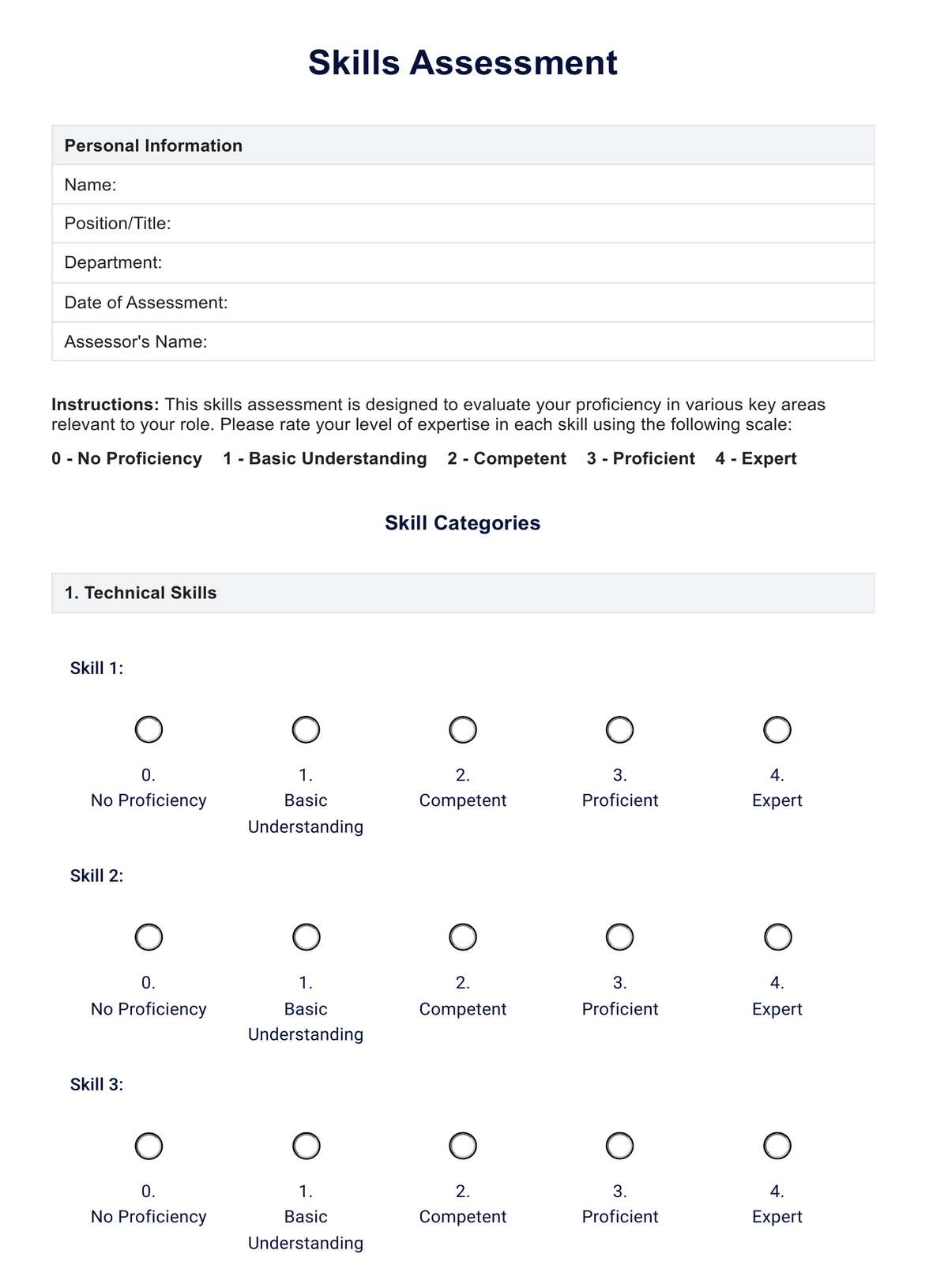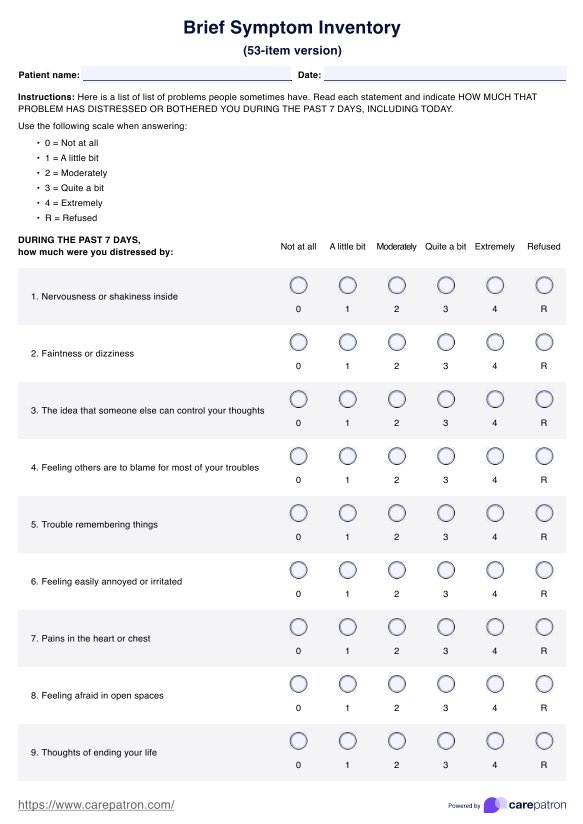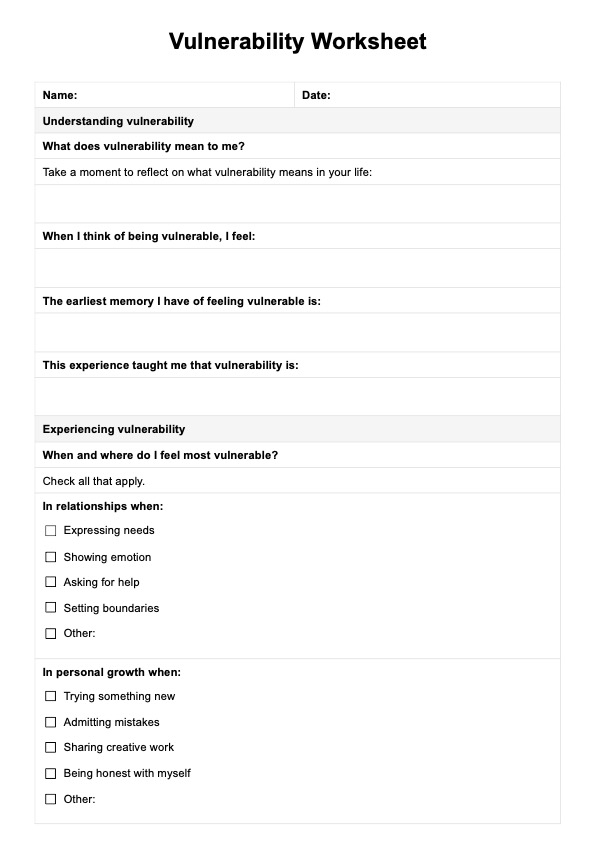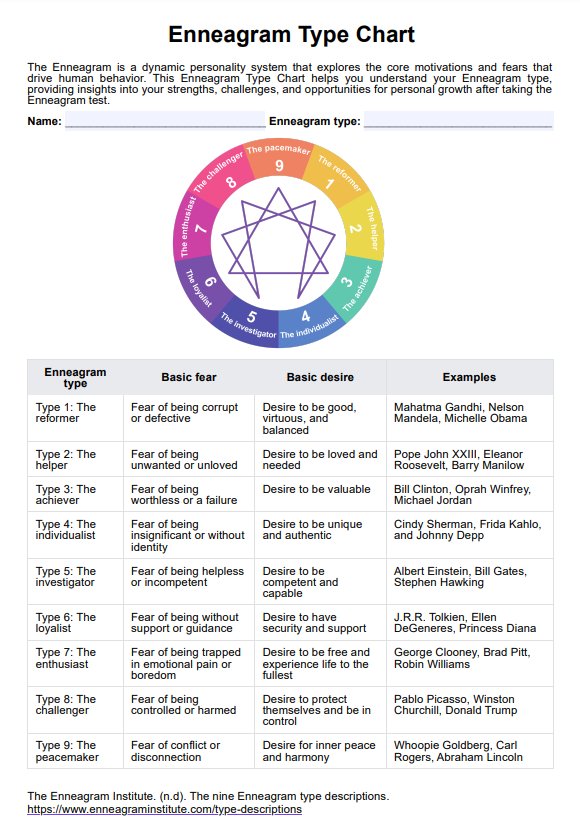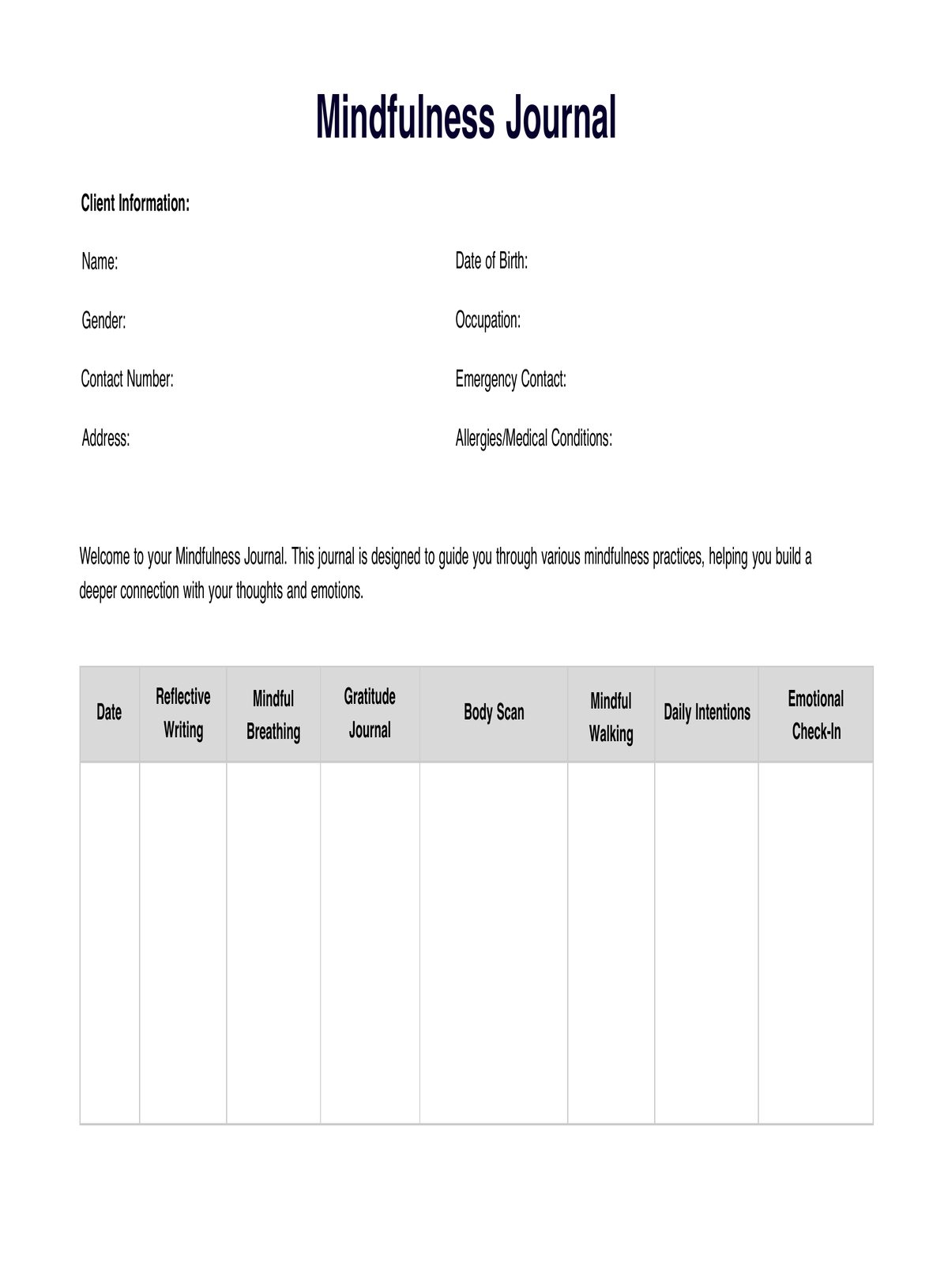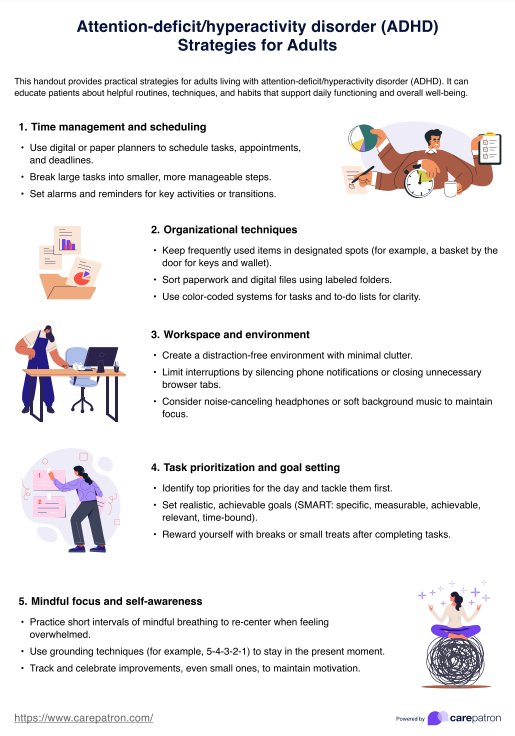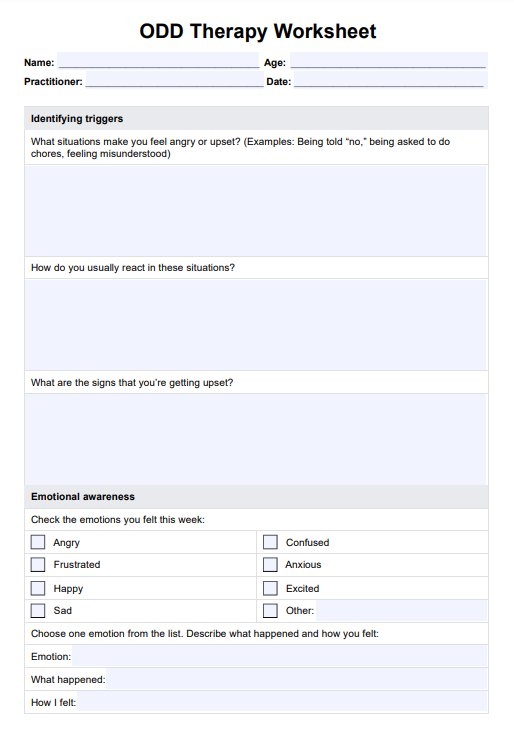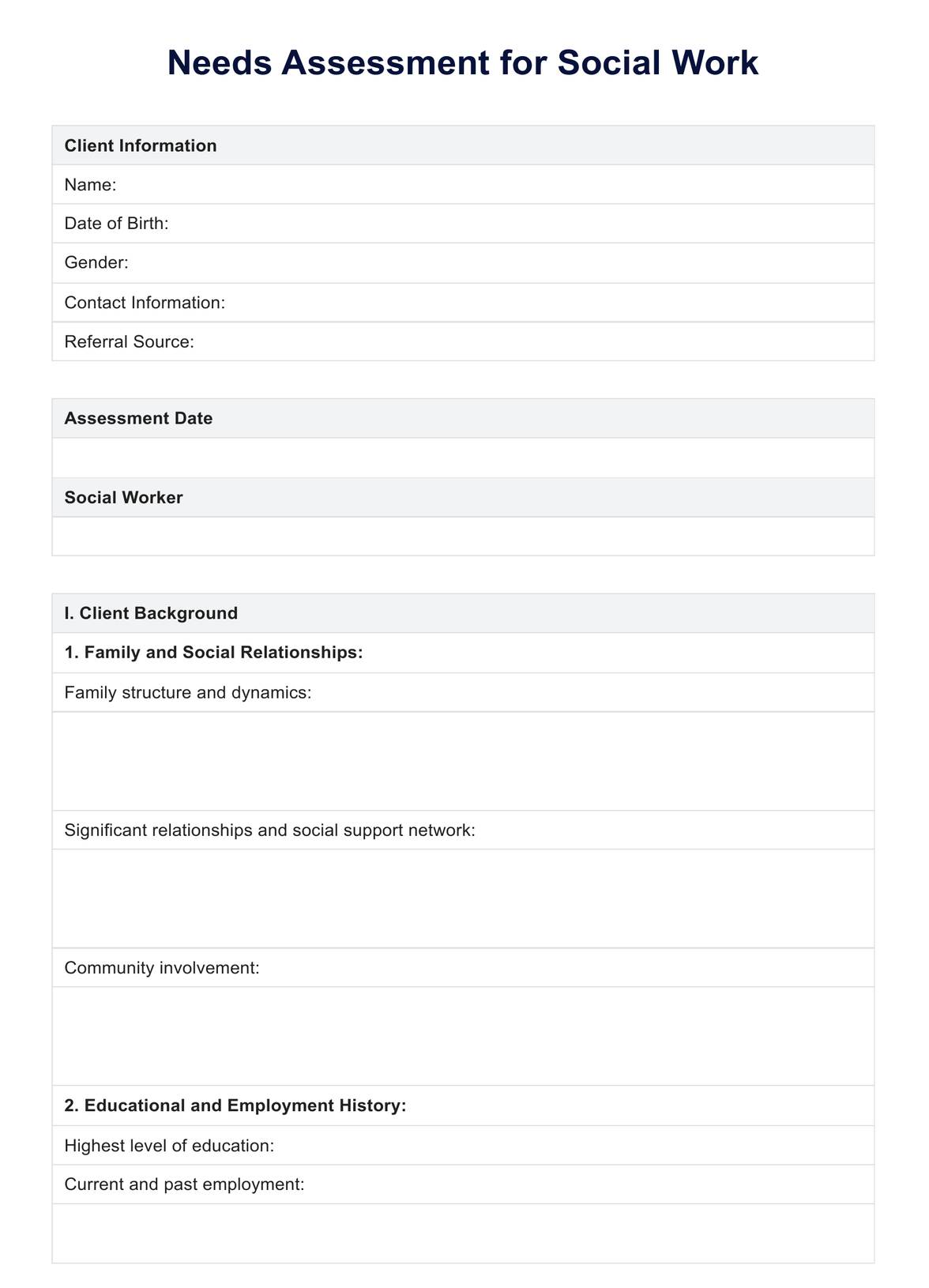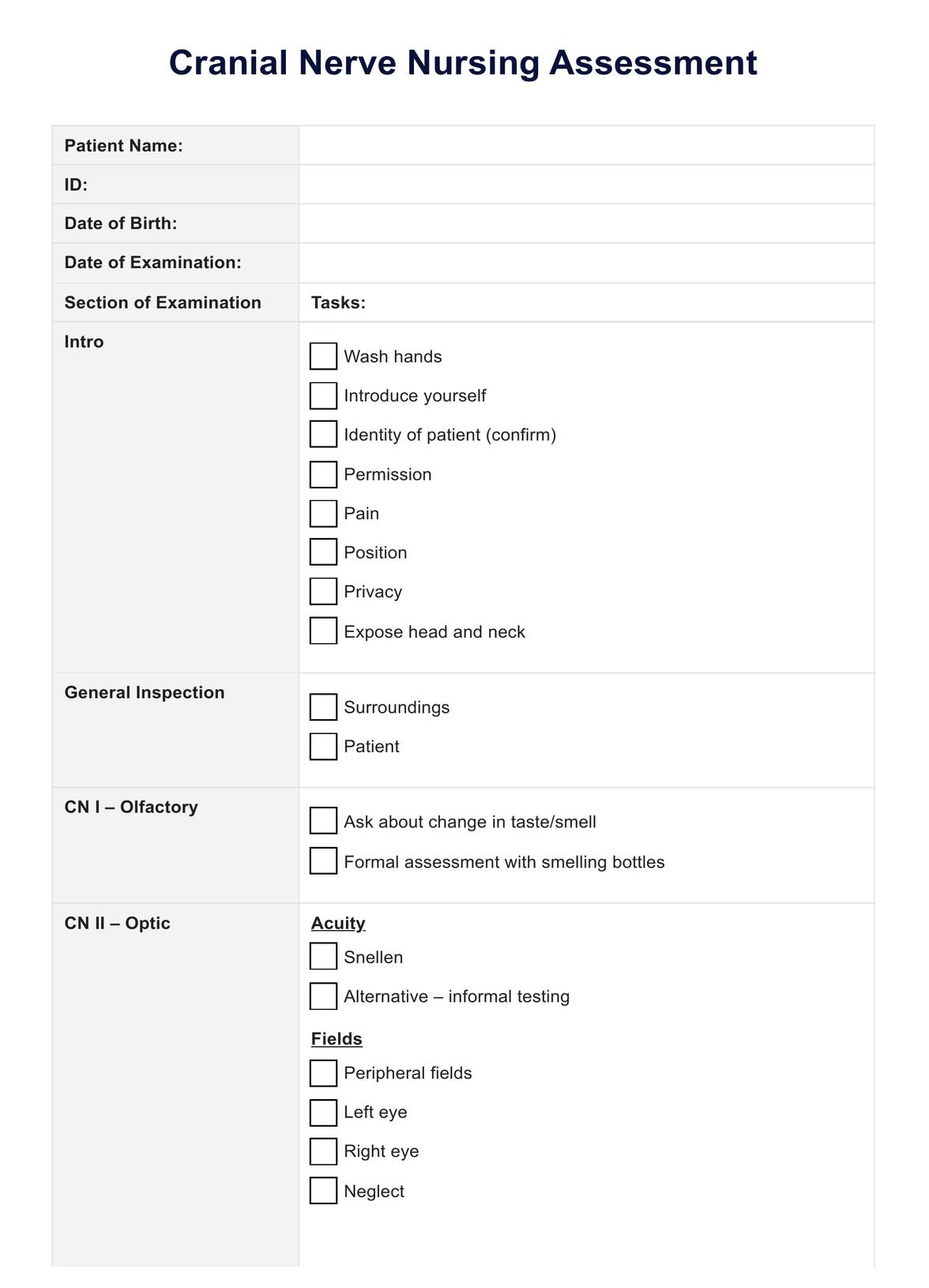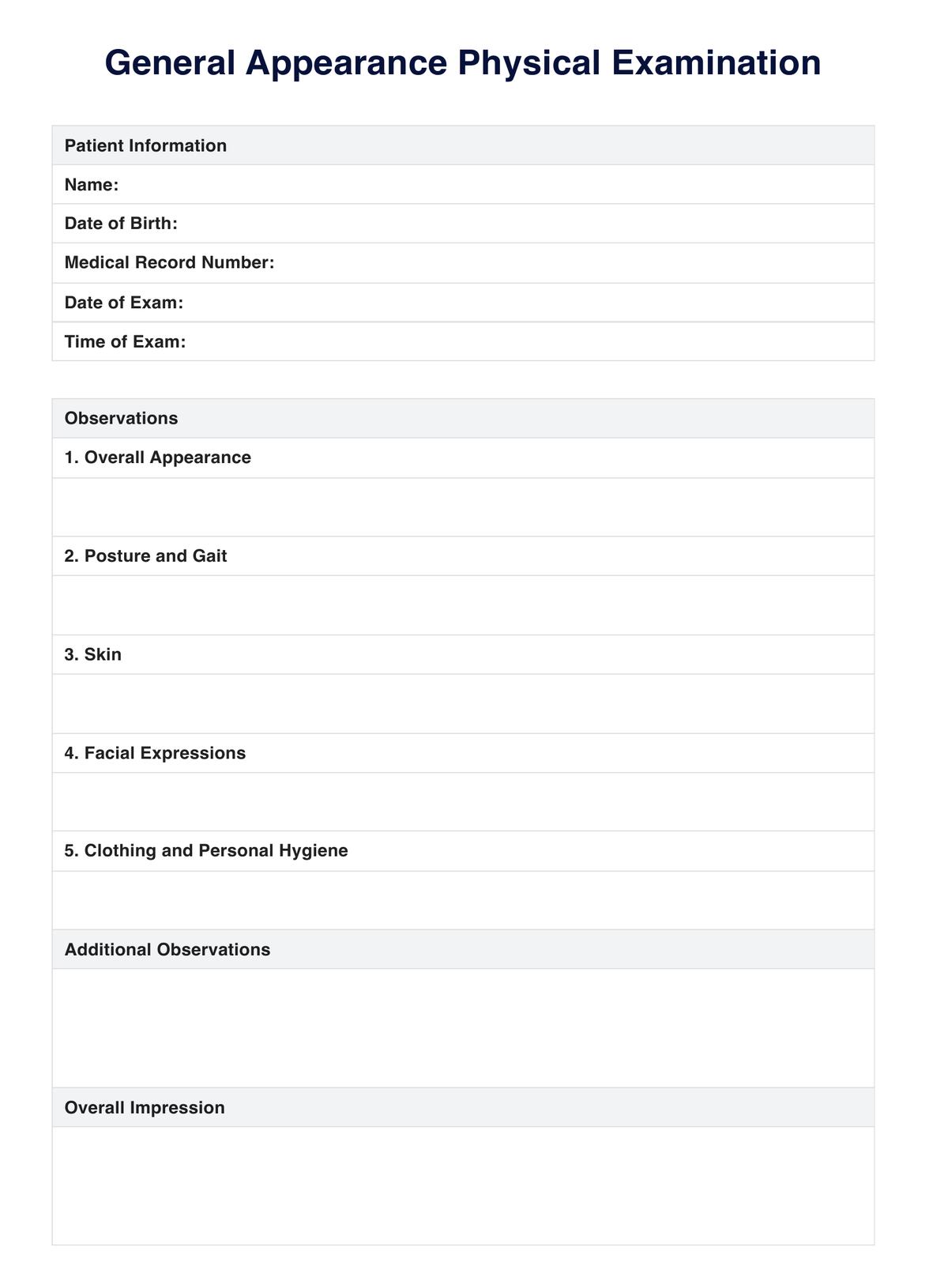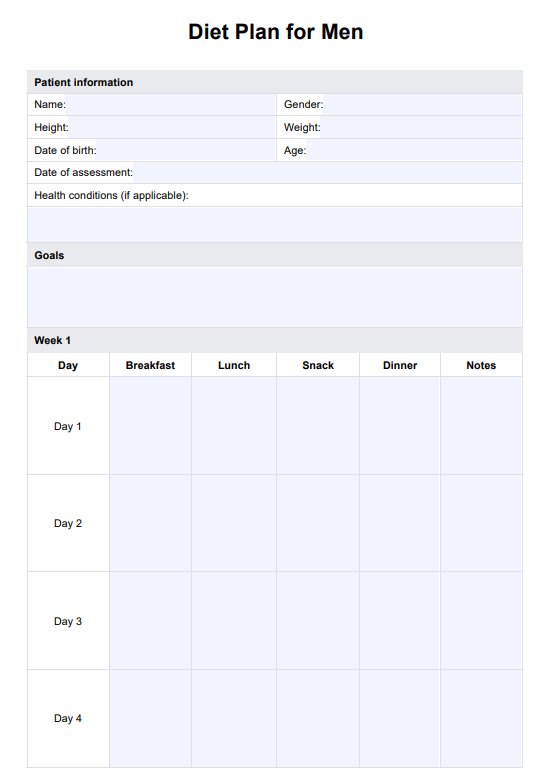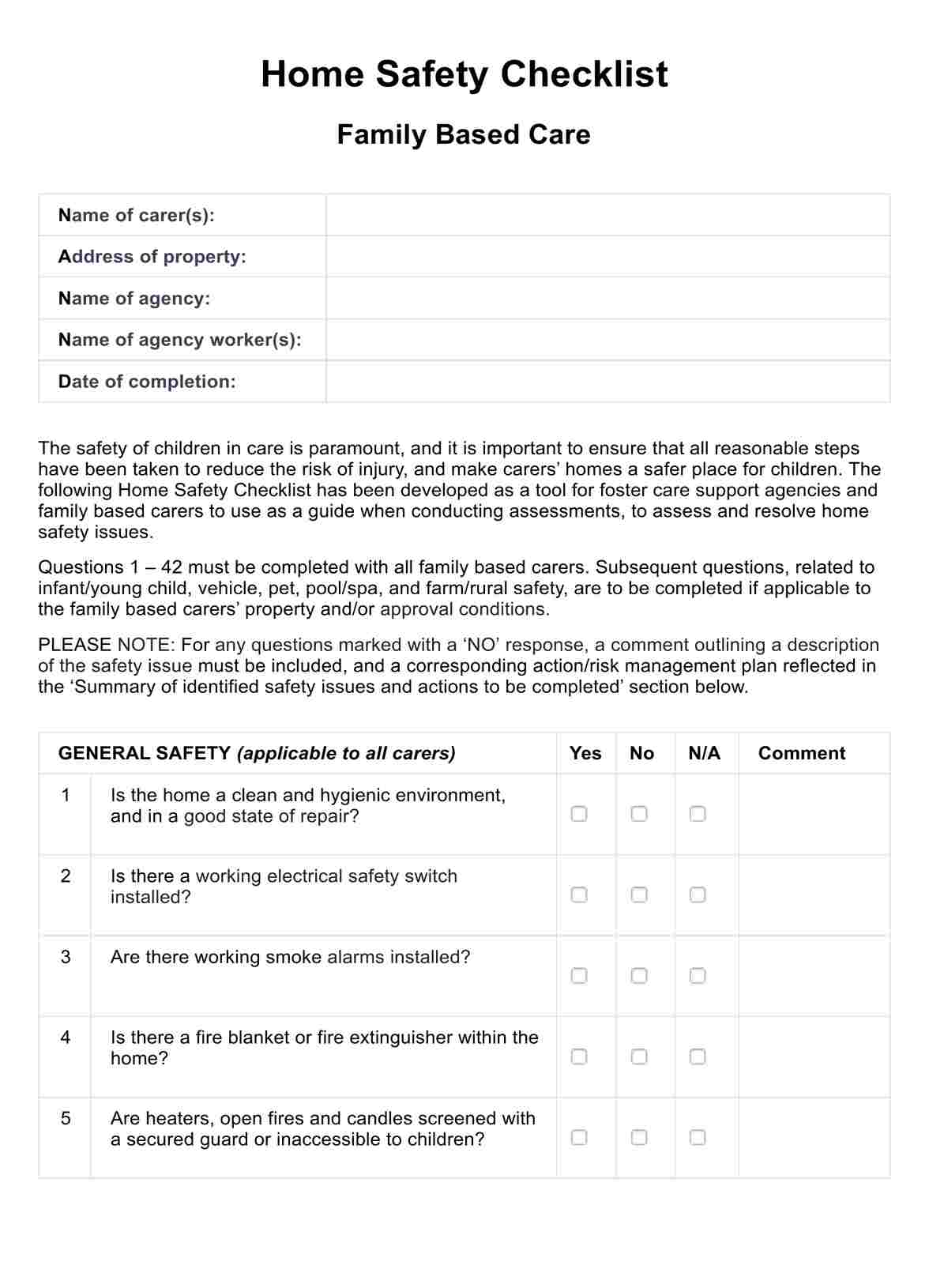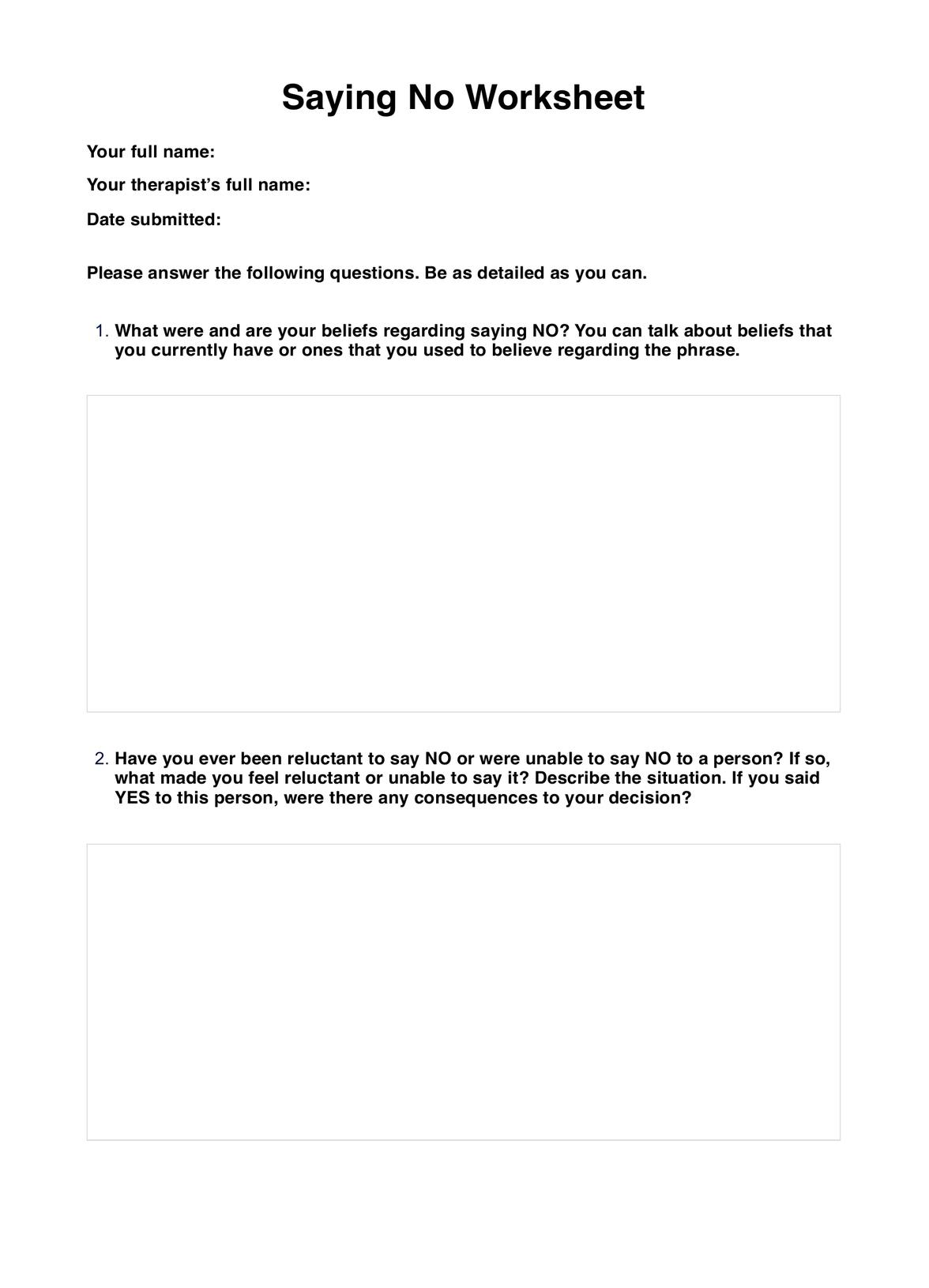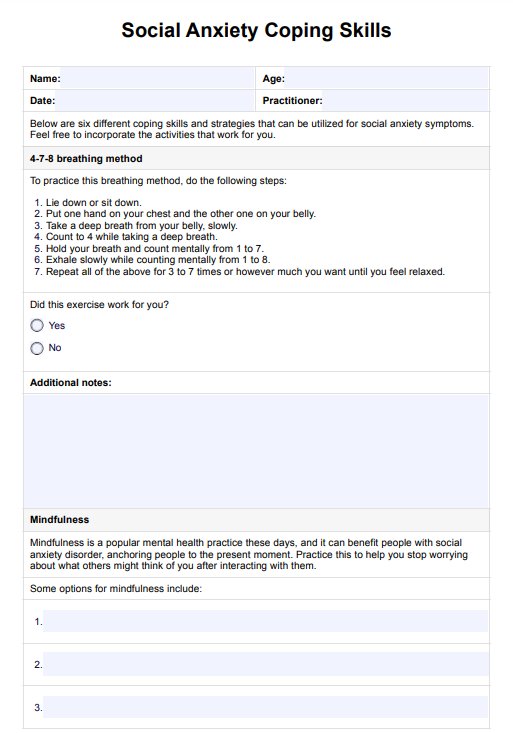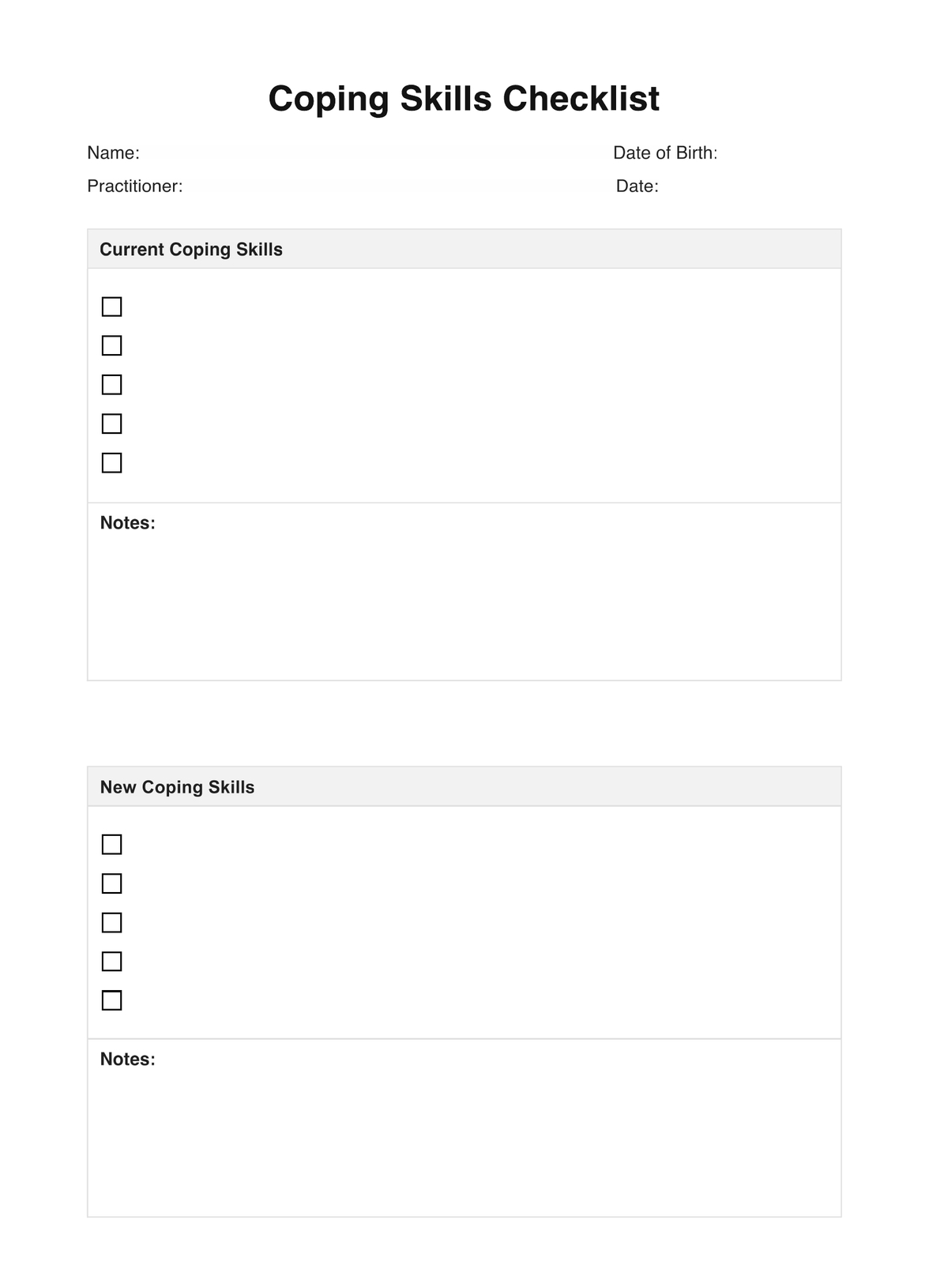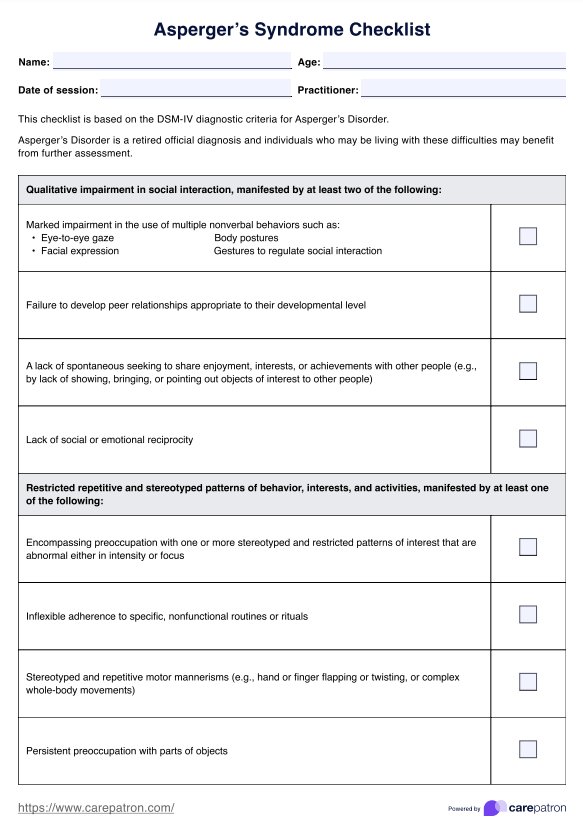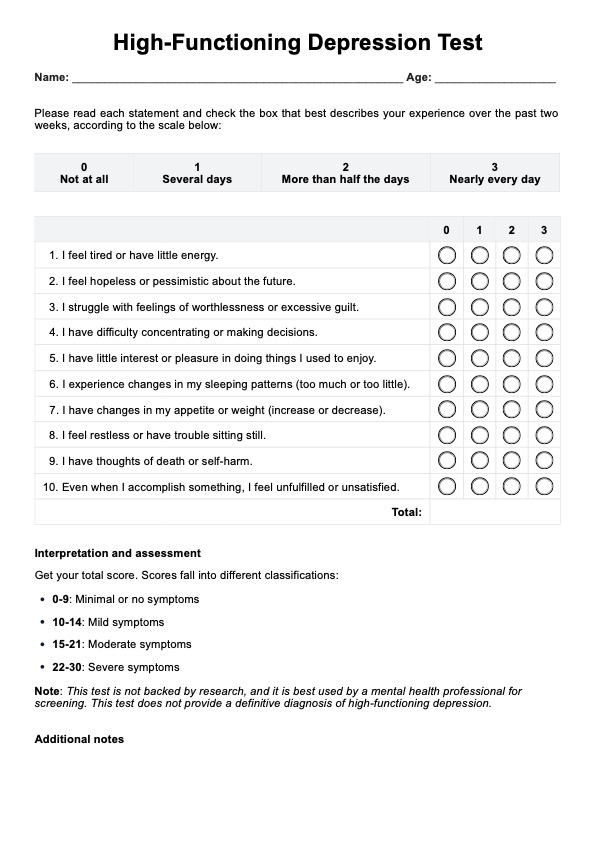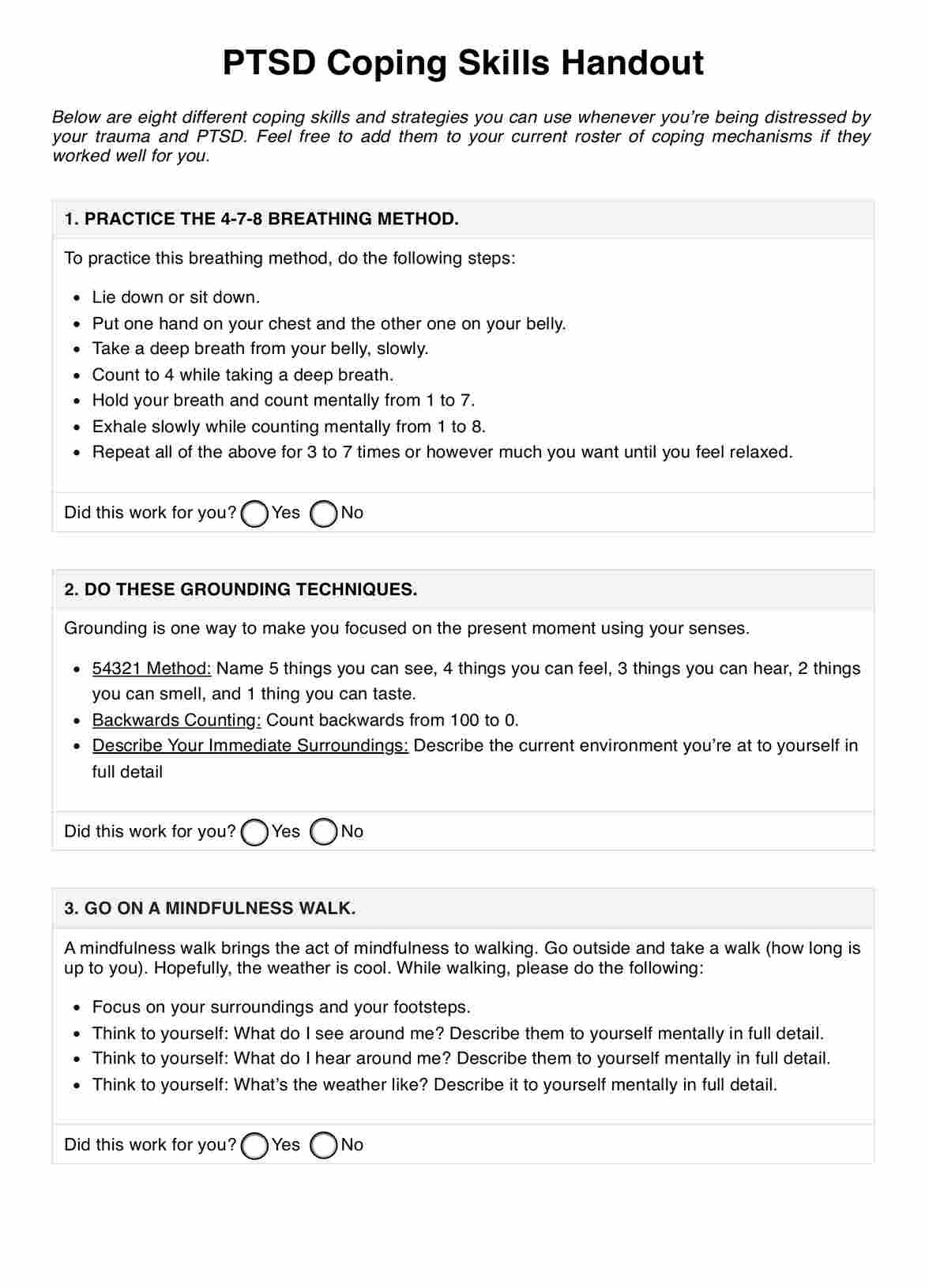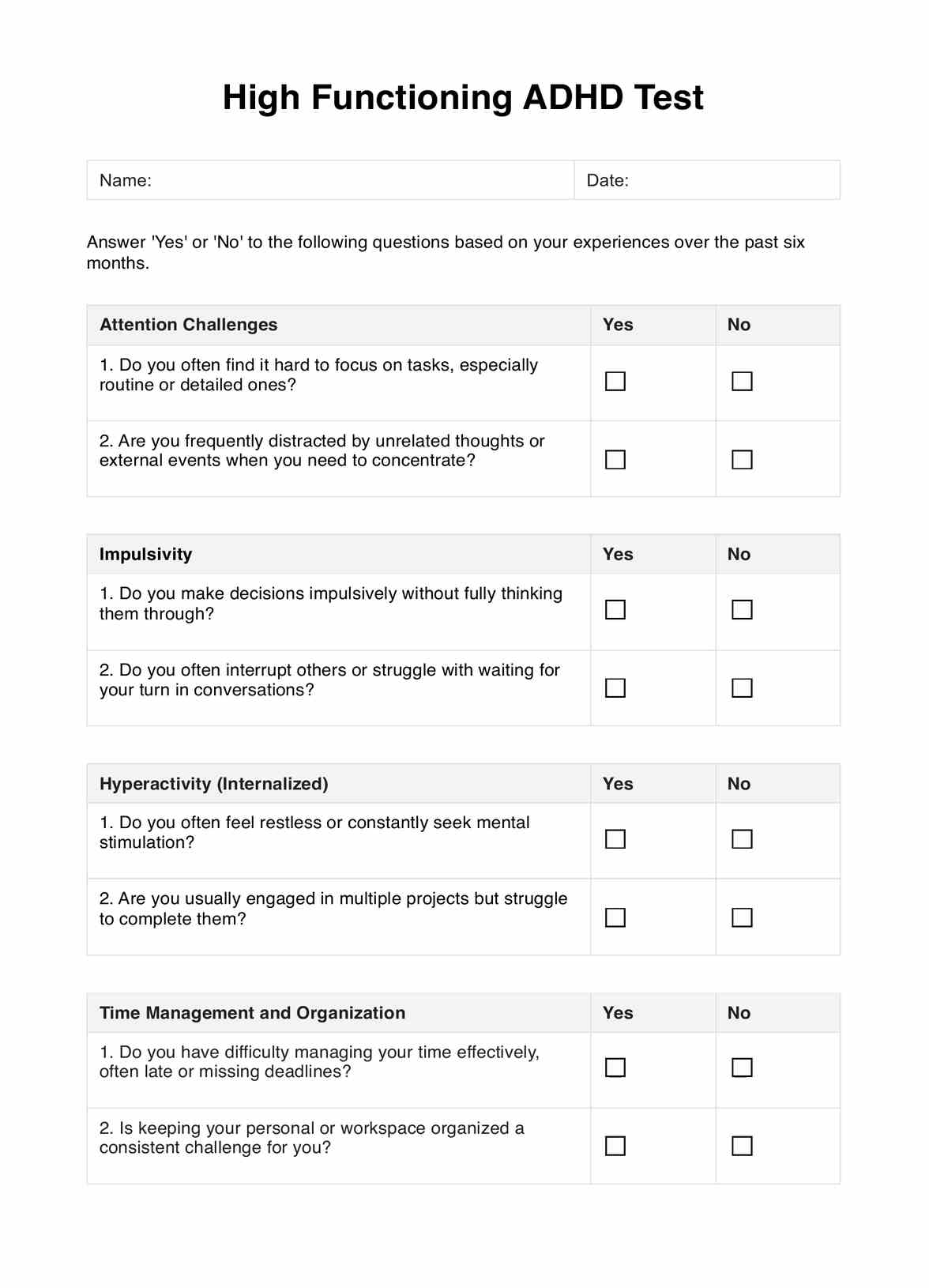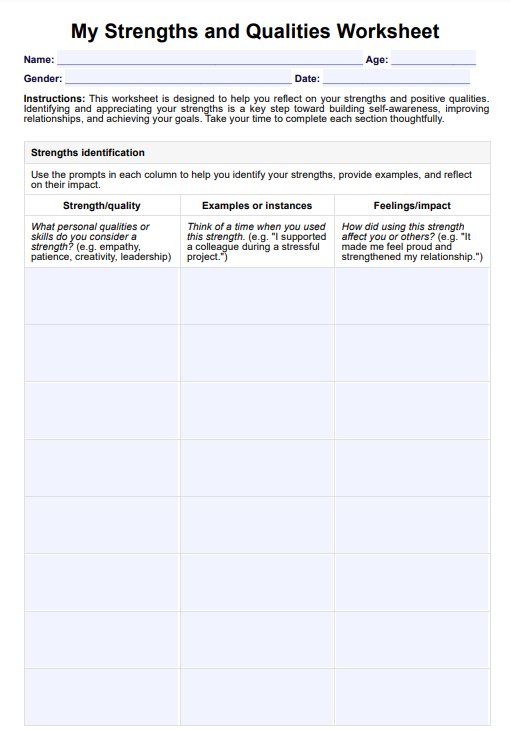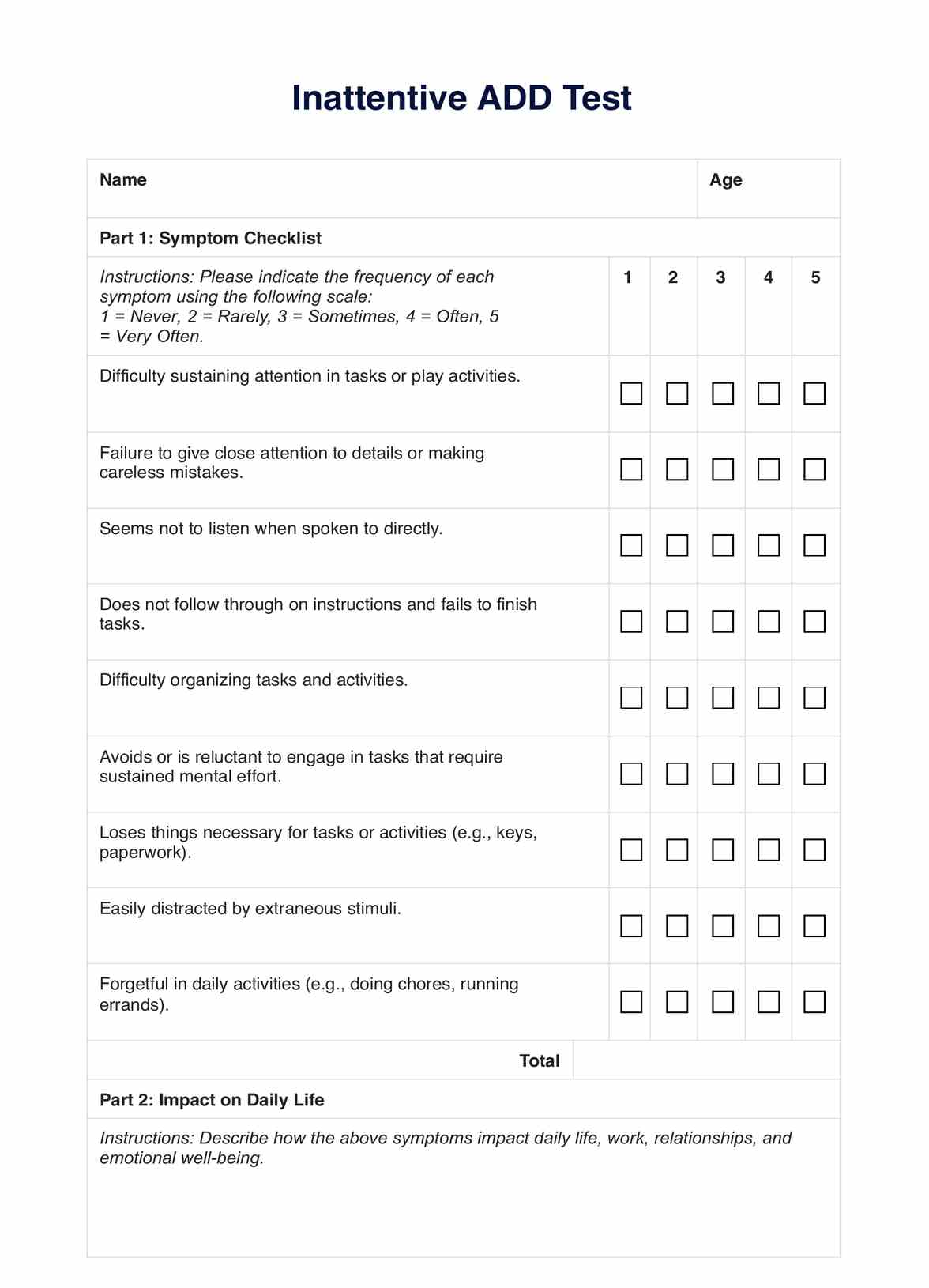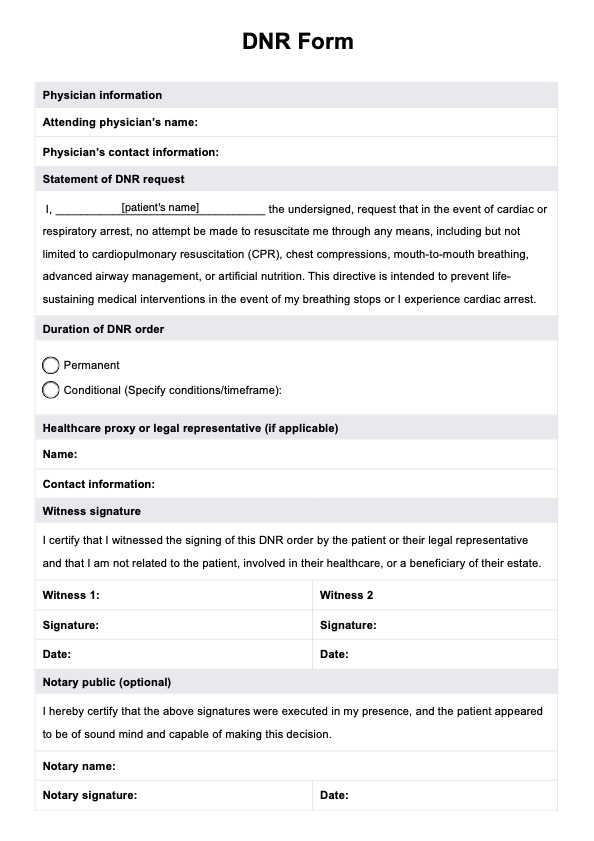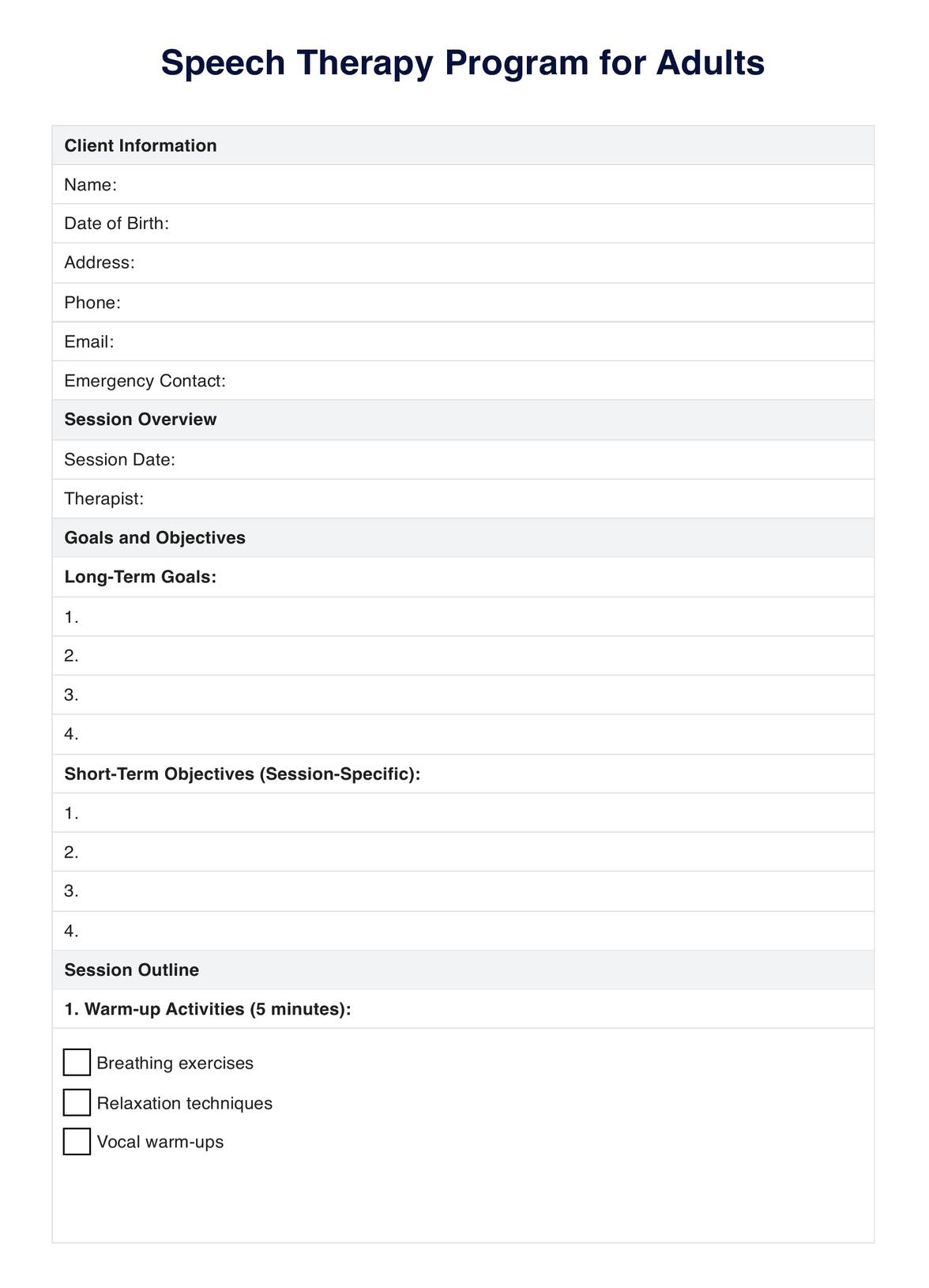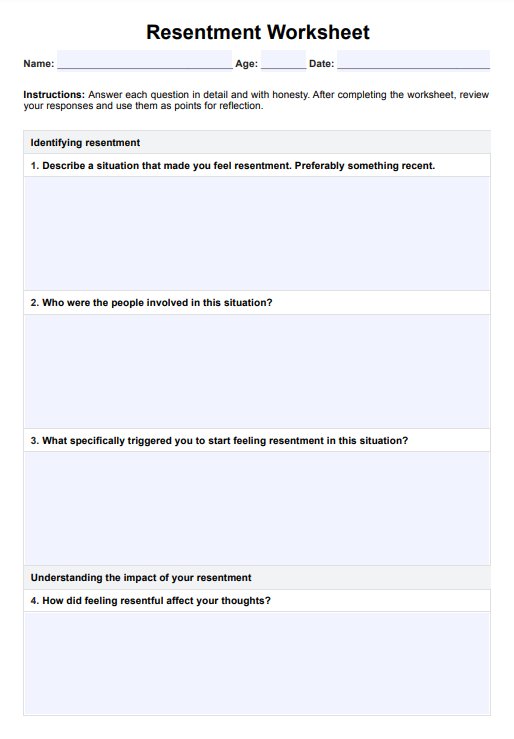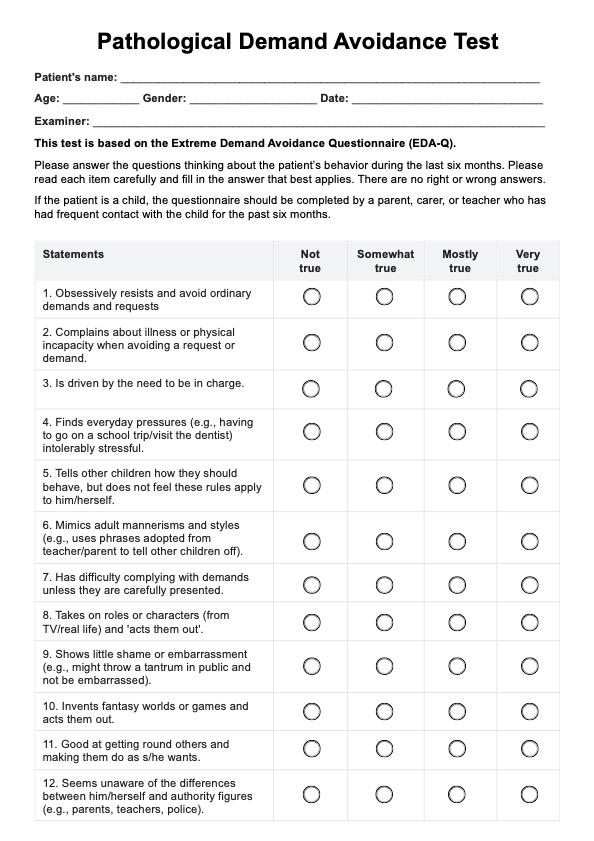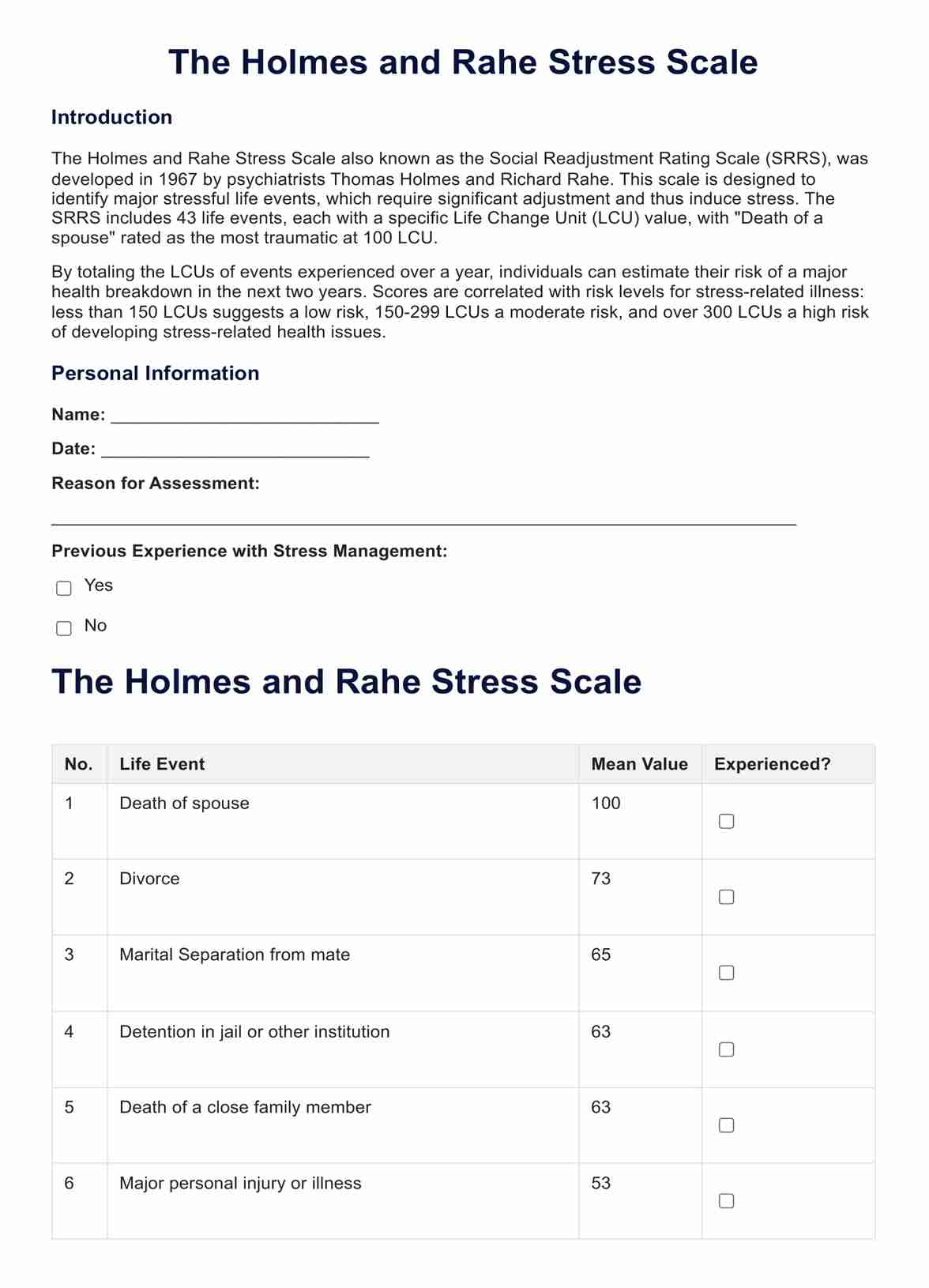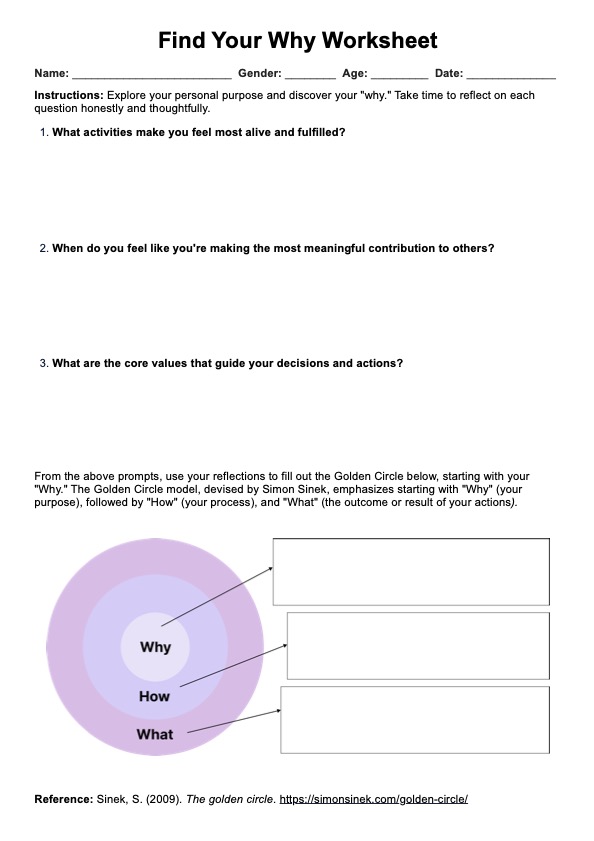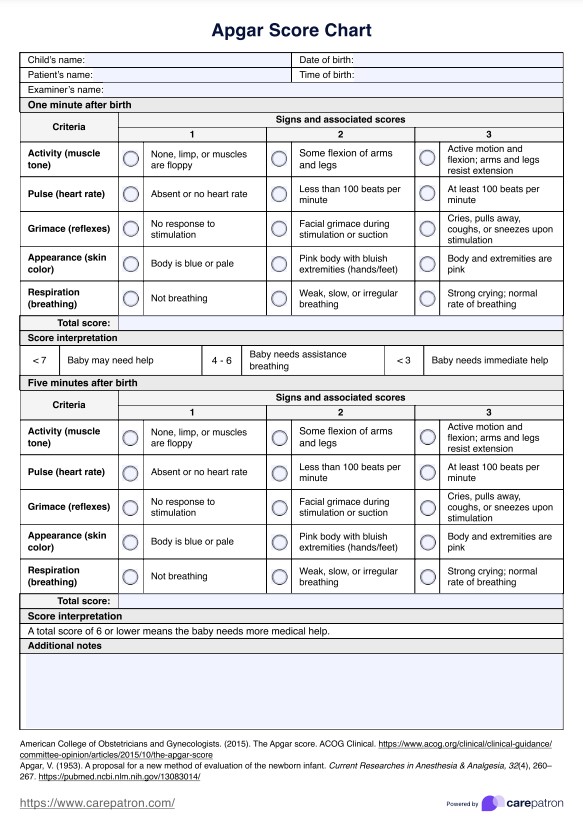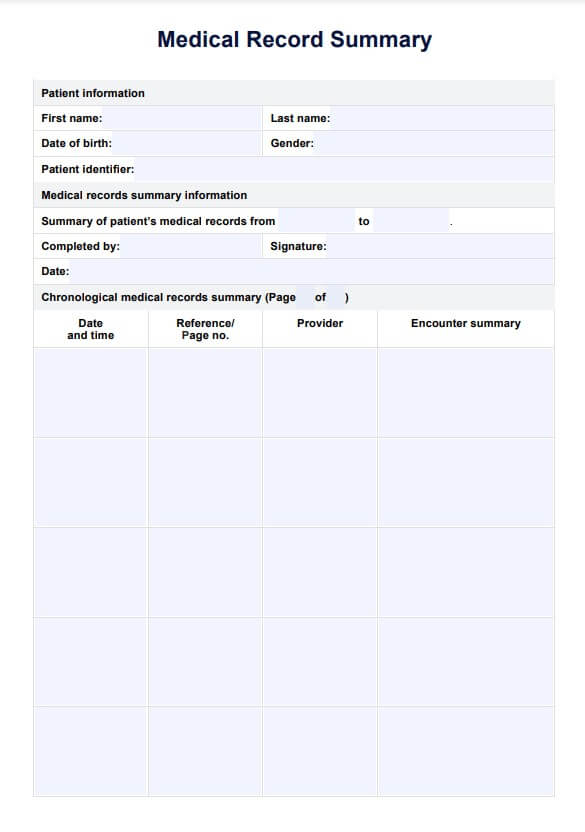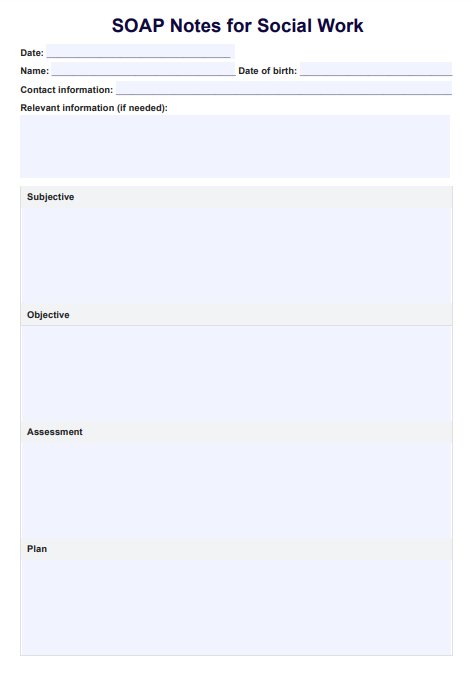SMART Goals for Social Workers Template
Click here to learn more about SMART Goals and how to implement them in your social work practice.


What is a SMART goal?
Setting goals is a great way to accomplish small and large tasks. Goals can be selected during a mental health intervention to support growth and motivation for treatment. They can be a valuable and practical resource for social workers to include in their practice.
A few significant aspects should be considered when considering how a personal or professional goal might be successful. This is where the SMART goal can play an immense role in creating overall goals. A SMART goal is a way to set achievable goals and objectives that allow them to become successful and not just a distant thought. The acronym SMART stands for:
Specific
Specific relates to the focus on the goal. Having insight into your goal can support communication with external sources and clients. Having vague objectives often leaves individuals feeling like they don't know where to begin. It can also be helpful to note that when a goal is specific, the client and the social worker are on the same page.
Measurable
Having a measurable goal can contribute to a successful outcome. When goals are not measurable, individuals can quickly lose focus and feel like nothing has changed.
Achievable
Setting achievable objectives will make participating in your goal just that much easier. To do this, you may want to start with smaller goals. For example, in social work, you may want to connect with more children, but your client base is not currently child-focused. Choose a smaller goal, like connecting with one child per month, and develop a larger goal.
Choose goals that are relevant to your practice. As a social worker, you can select objectives supporting your core values and professional growth. These goals might keep connecting with more indigenous and children populations and even strengthen your connection to the community you work in.
Time-bound
Time-bound objectives are necessary. Goals with a realistic timeline and deadline are more likely to reach their full potential. Individuals who implement a deadline in their SMART goal can look forward to accountability and motivation. Deadlines support individuals in creating larger goals, make the goal-created process a little bit easier next time, and aid in time management.
SMART Goals for Social Workers Template
SMART Goals for Social Workers Template Example
What is goal setting in social work?
Goal setting in social work provides a clear outline for social workers and their clients, ensuring that efforts are focused and effective. By setting SMART goals, social workers can better address the unique needs of the communities they serve.
These goals might include helping a specific number of families or attending key community events, which can strengthen relationships and foster a sense of unity. Moreover, identifying prevalent issues such as mental health challenges allows social workers to tailor their goals to be more impactful, promoting social justice and contributing to a safer, more supportive environment.
Goal setting also helps social workers measure progress, stay motivated, and make necessary adjustments to better serve their clients. Ultimately, this process enhances the effectiveness of social work and ensures that the needs of vulnerable populations are met in a systematic and compassionate way.
Using the SMART Goals For Social Workers Template
Using the SMART Goals For Social Workers Template with Carepatron's aesthetic and simple template has never been easier. We're determined to make setting smart goals for social workers easier, so we have created a step-by-step guide on completing and utilizing this template.
Step 1: Obtain the template
You can navigate the Carepatron templates webpage to locate the SMART Goals For Social Workers Template. You can download the form for online device completion or a printable version for those who prefer paper copies.
Step 2: Brainstorm ideas for a specific goal
We recommend taking some time to identify specific goals and objectives that you want to achieve. No one likes setting goals that don't align with their values.
Step 3: Fill in the template
Finally, begin filling in the template! Each part of the SMART goal section has prompts, so take your time and add as much detail as possible to specific aspects.
Step 4: Store securely for later review
File this template away safely on the Carepatron clinical documentation system for later review. Depending on your timeline and deadline for your SMART goals, you may revisit this template in as little as one or two months or one year. This can help you evaluate your current goals and compare how you do in the future to when you made these goals.
The benefits of goal-setting
There are many benefits to setting your own goals. Fostering team collaboration by creating an environment that promotes idea-sharing and teamwork among members can significantly enhance these benefits. You can utilize this SMART Goals For Social Workers Template for yourself as a social worker and implement it into your personal life and your client's sessions.
Strengthening community connections through expanding outreach programs and actively participating in community events can also lead to more robust community ties. Here are just a few benefits of goal setting:
Improved communication with clients
Setting goals in social work practice can improve client communication and alignment with other social workers. If SMART goals are utilized within client sessions, they can help set clear expectations for clients and the social worker. Alternatively, if SMART goals are used within the social work profession, they can align with other social workers. Collaborative work behind the scenes is essential for a social work career.
Manage workload better
As a social worker, the workload can be intense. Expanding outreach services is crucial to increasing community support and managing workload effectively. There is a lot to do all the time. That's why implementing SMART and community-focused goals can support social workers in helping clients during their sessions, which can be a great way to manage the amount of work to be done.
As an example, if the practice of social workers created a joint SMART goal of getting involved in the community more often, SMART goals can accommodate prioritization and efficiency. With more precise goals and objectives, colleagues can identify essential steps of an overall goal, meet the requirements more efficiently and swiftly, and work together as a team.
Establishing better long-term relationships with clients
Another way SMART goals can support social workers is by building a significant therapeutic relationship. Curating SMART goals for clients in their counseling sessions can help individuals attain goals they may focus on with their mental health and well-being. Examples of client-focused SMART goals might include self-care activities, education around mental health, and any other relevant goals that can help them progress through their sessions.
Supporting clients in developing SMART goals can also help in terms of adaptability. Clients may be more inclined to create new goals based on their current goals as they see fit and further their objectives to help them strive through their sessions.
Improved professional growth
As a social worker, you can improve your professional skills by setting SMART goals, whether you want to work more in different communities or up-skill yourself to accommodate the needs of different cultures and groups. You can foster team collaboration with local organizations to enhance your community outreach programs and strengthen community connections. This helps your professional development as you strive to promote mental health among your clients and expand outreach services.
Commonly asked questions
Anyone can set SMART goals. Mental health professionals, such as social workers, can also use them. They can also be used during patient sessions.
This SMART goal template can be used when an individual has a goal they want to achieve. Identifying specific aspects of the goal can make the process of change and motivation easier.
Individuals can identify a goal they wish to pursue and fill out the required elements to complete the template. Depending on the timeline of the objective, the SMART goal template can be used for the entirety of the goal time.


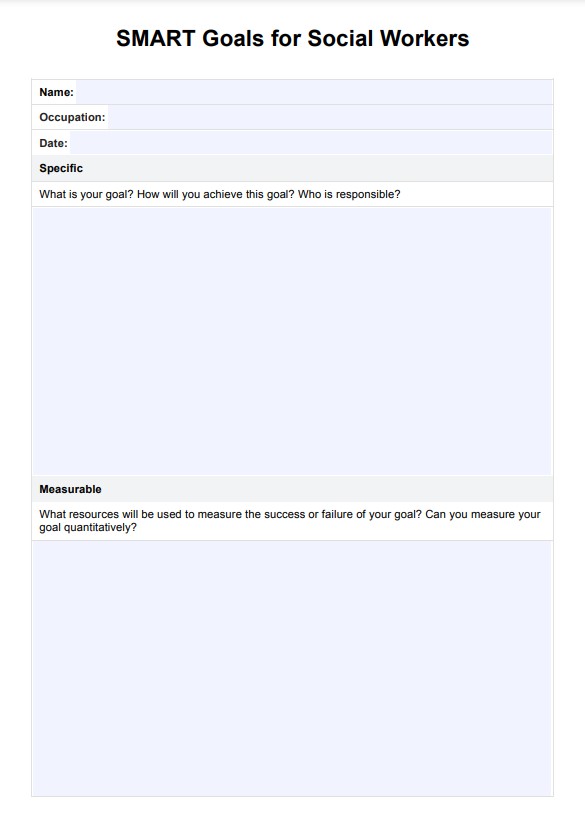
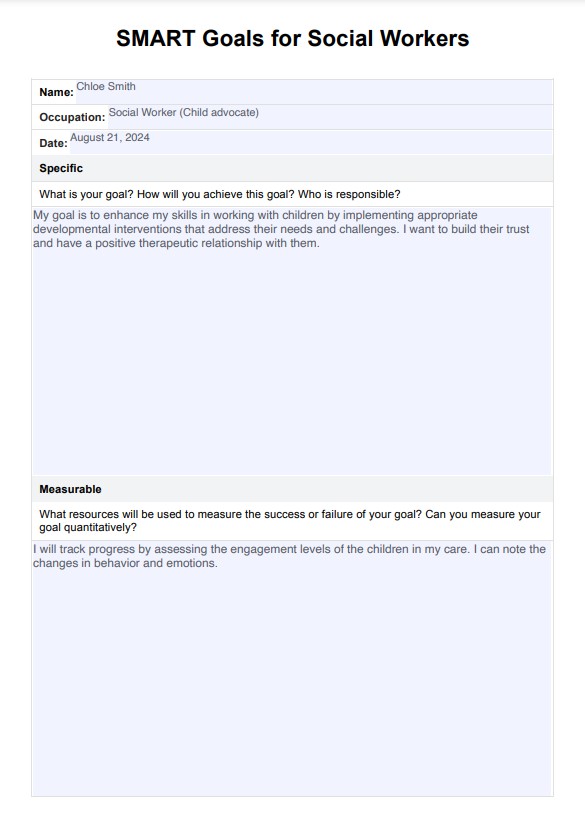


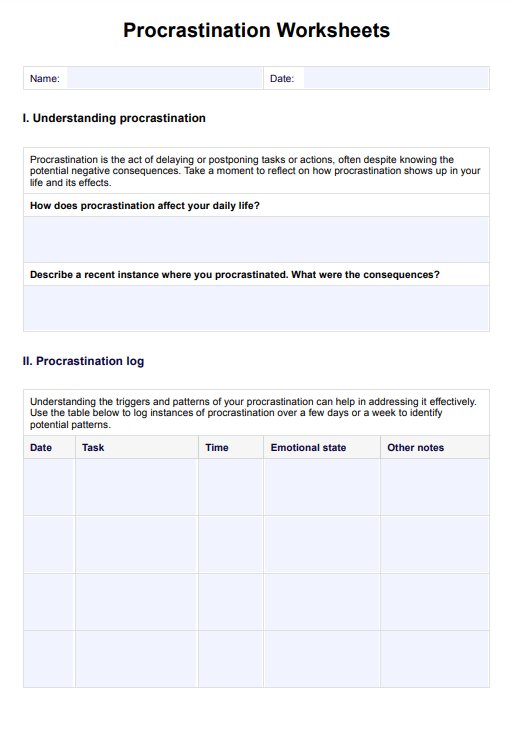
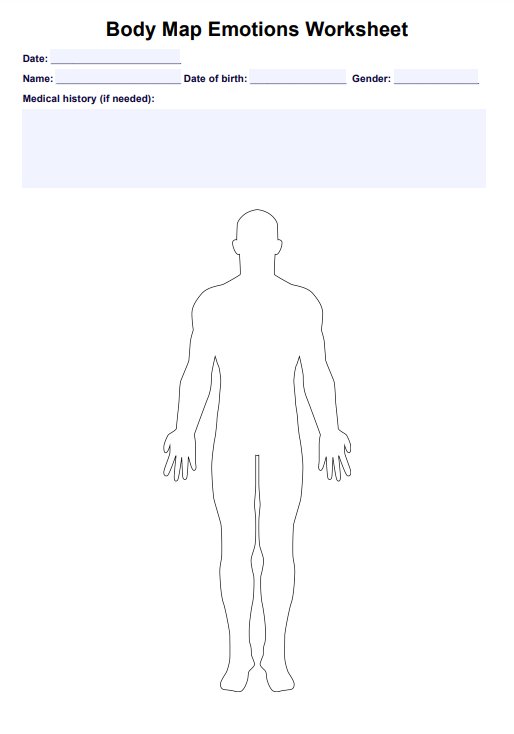



-template.jpg)




